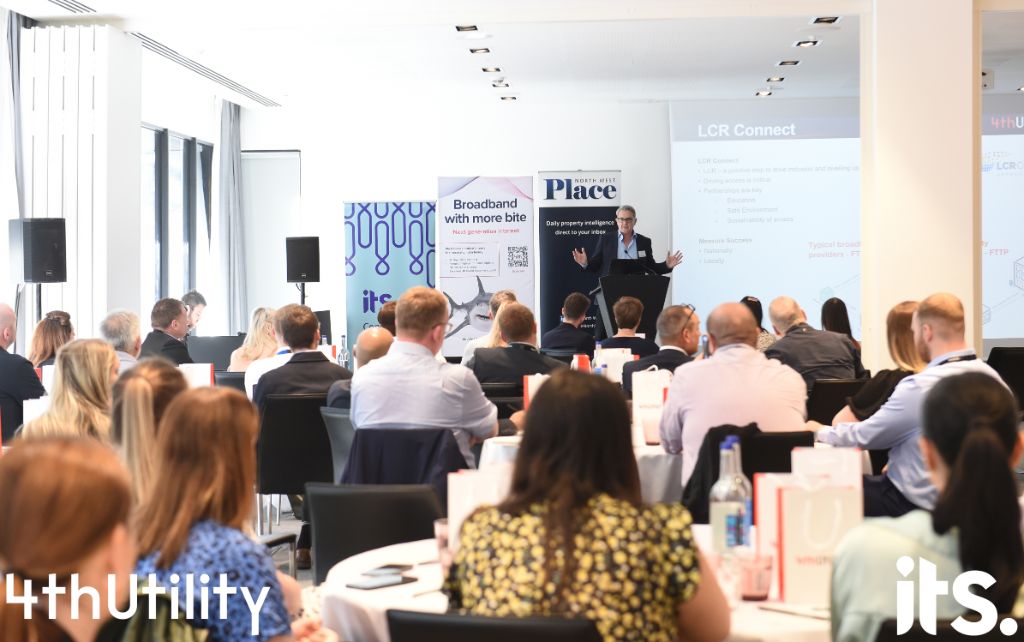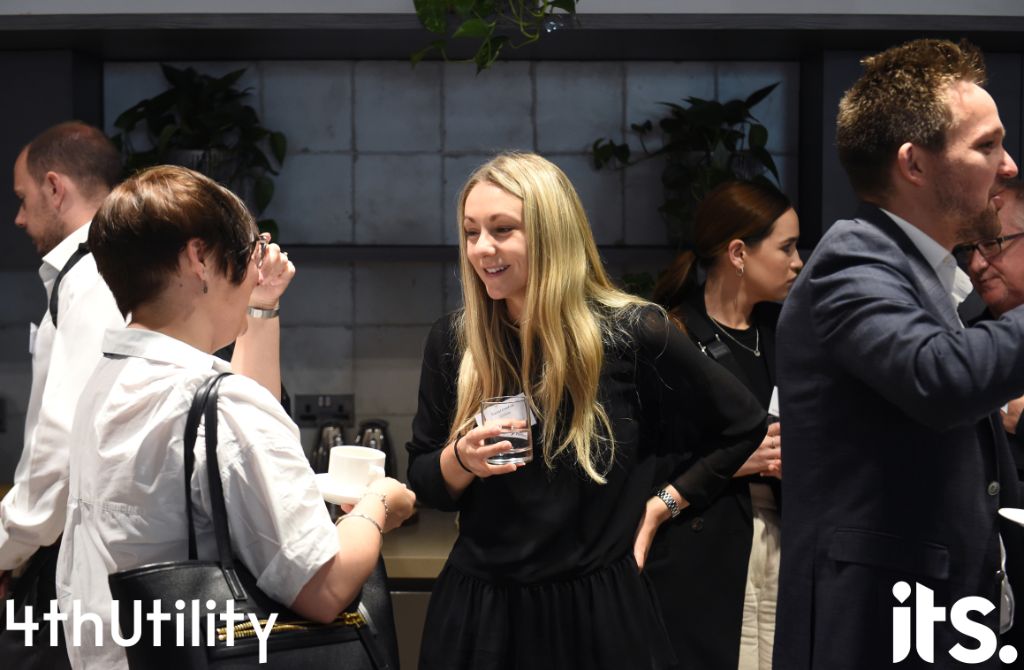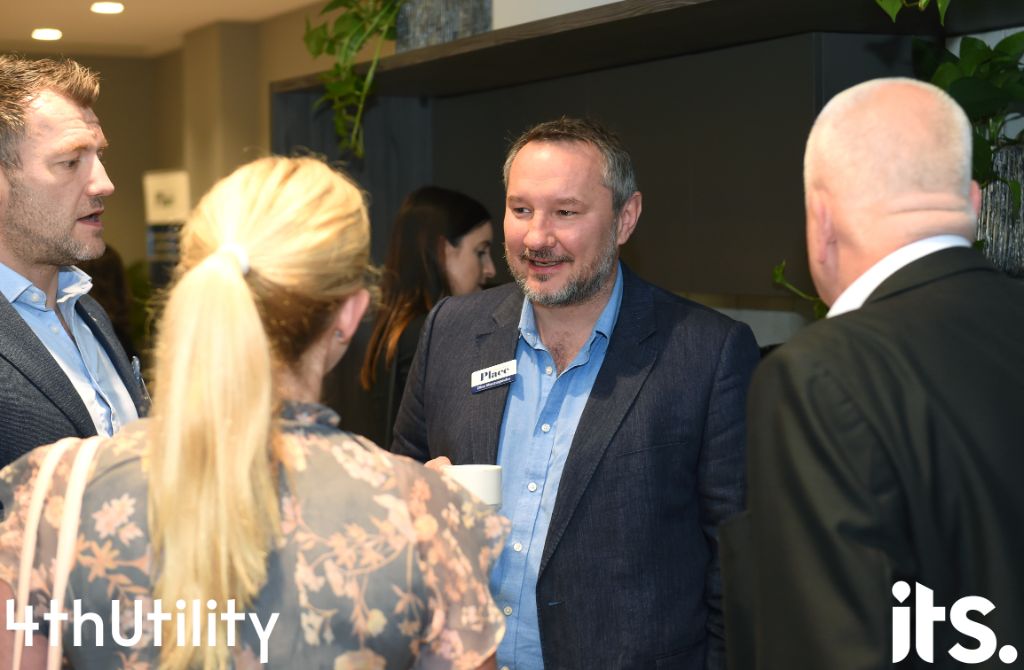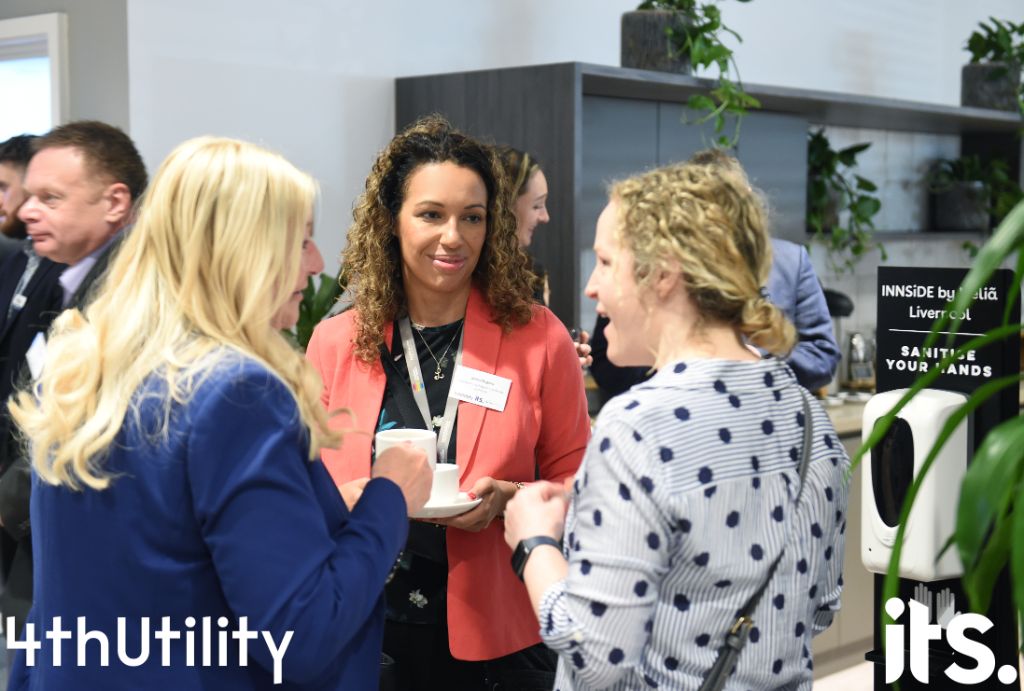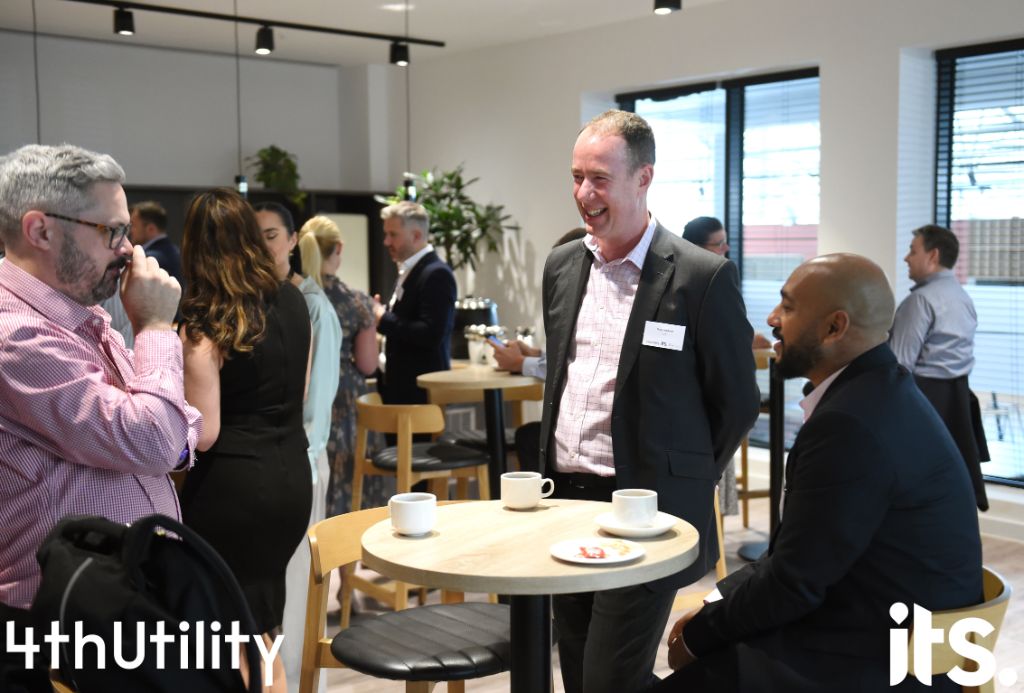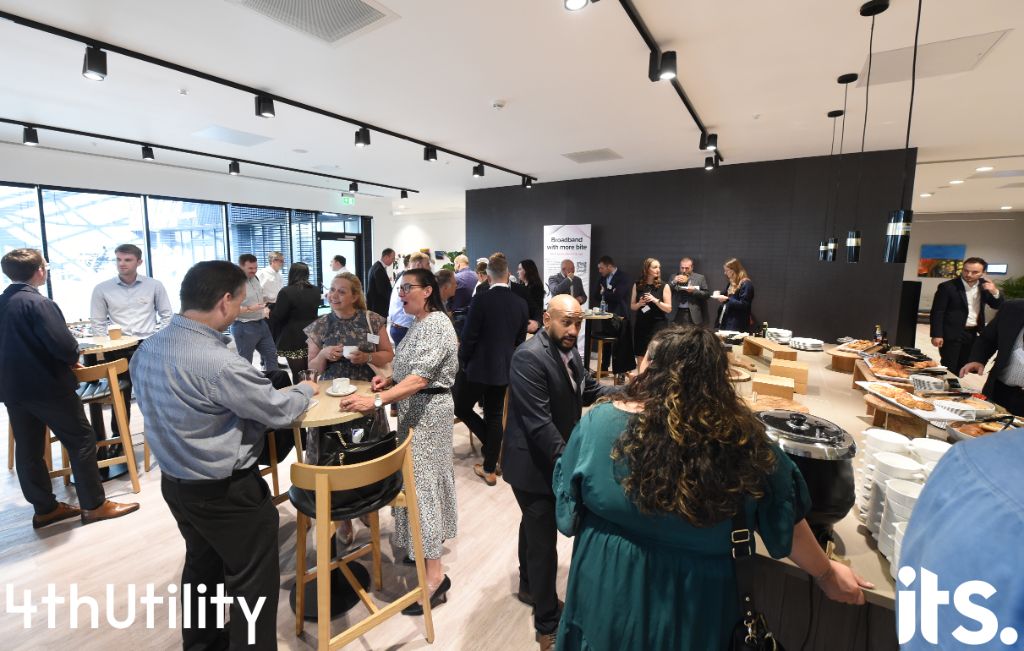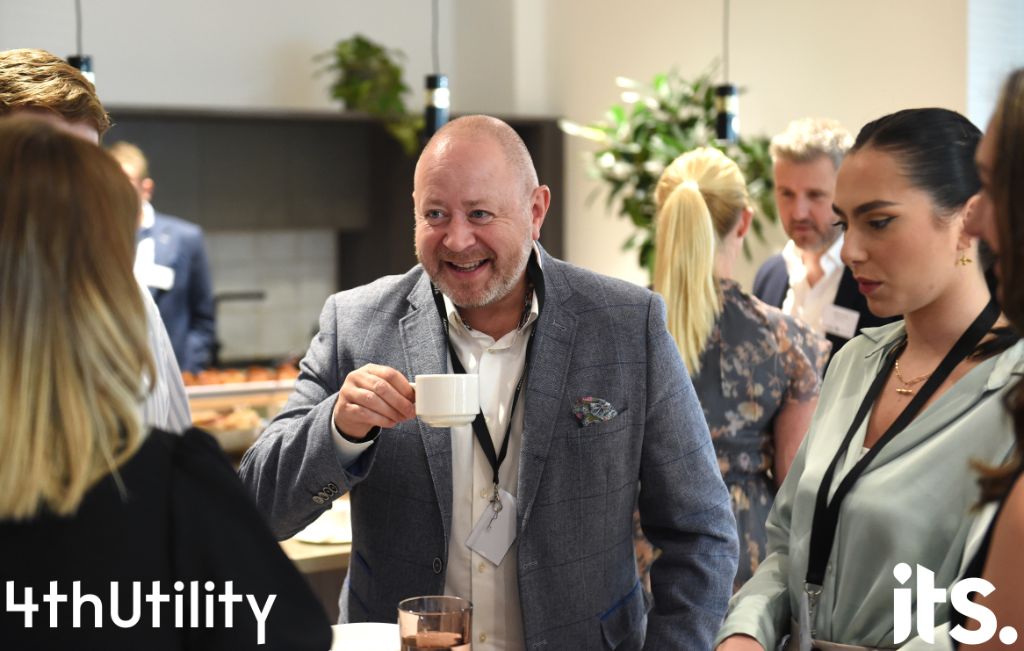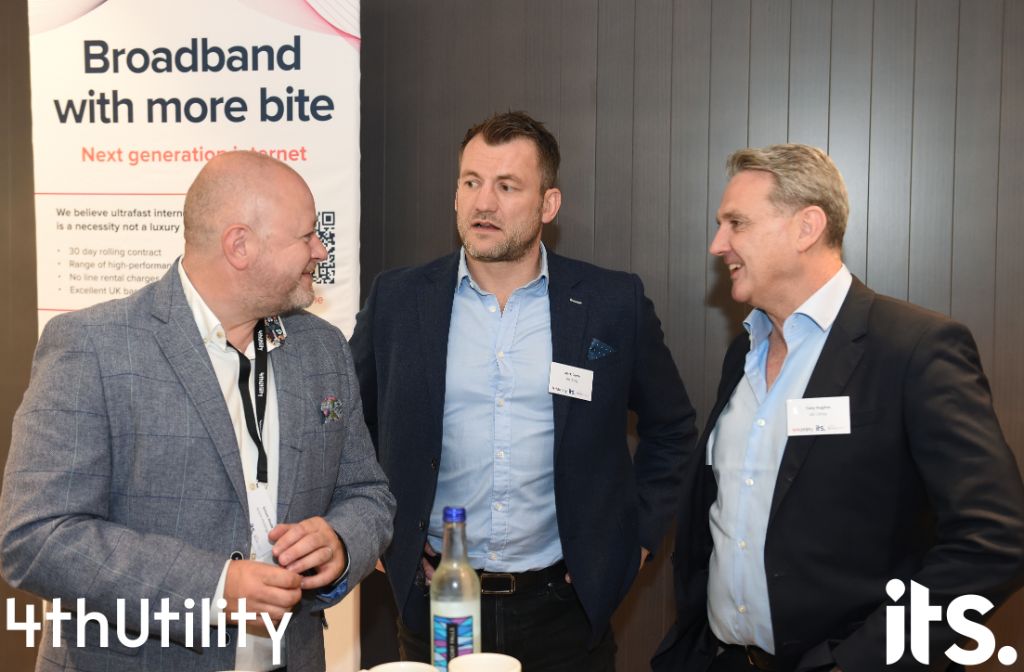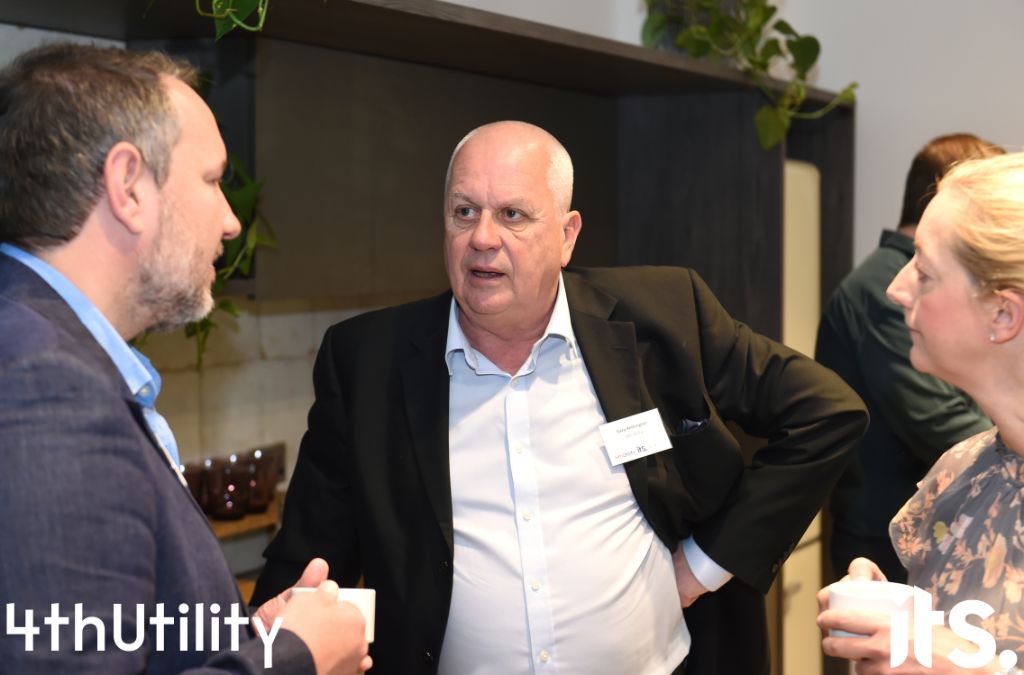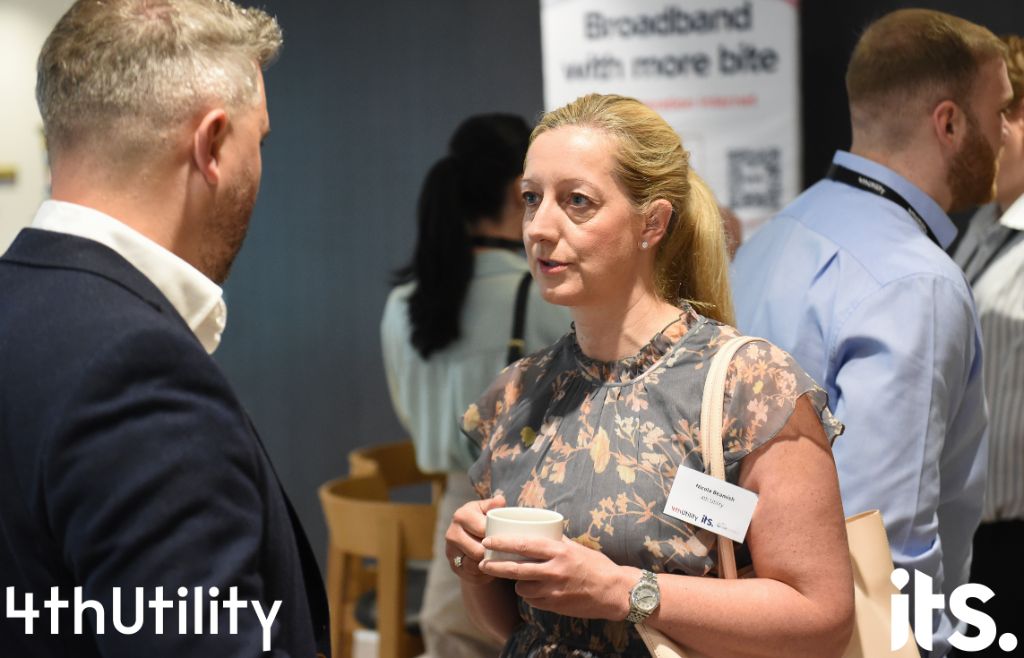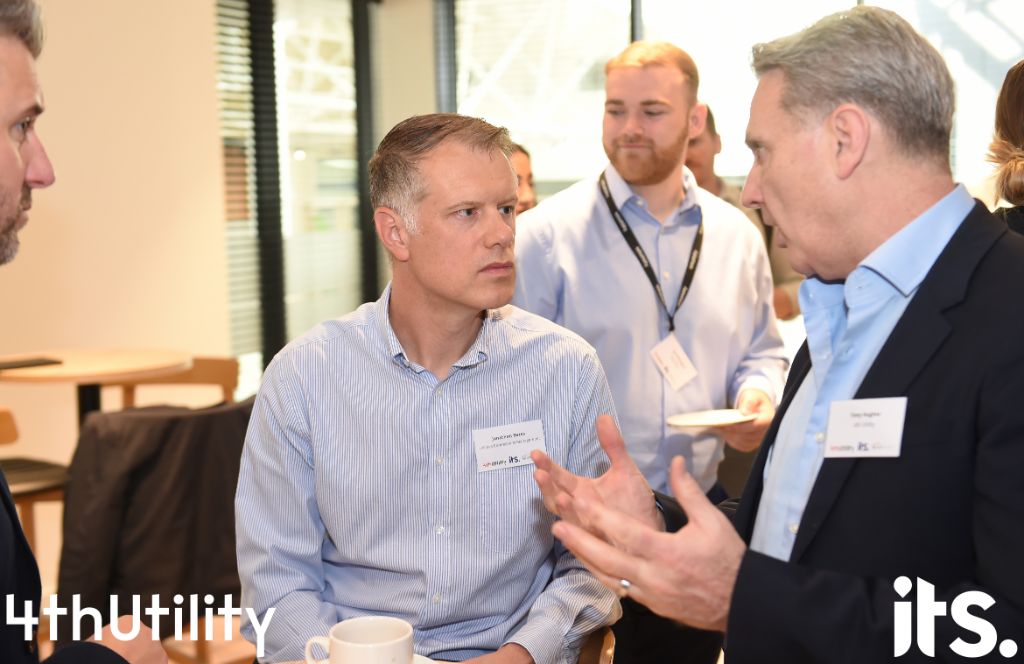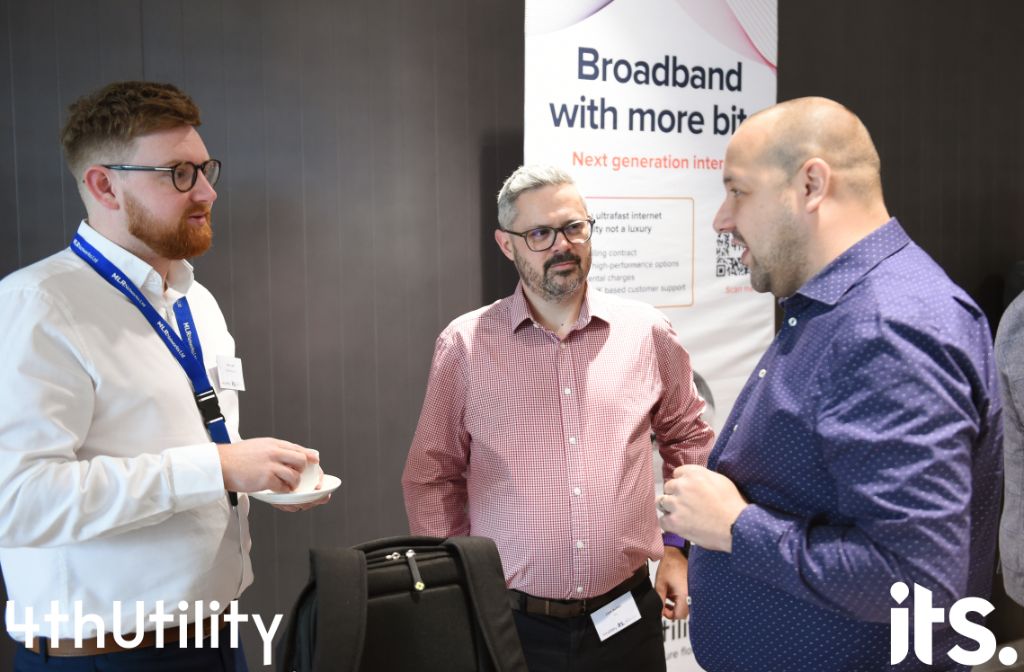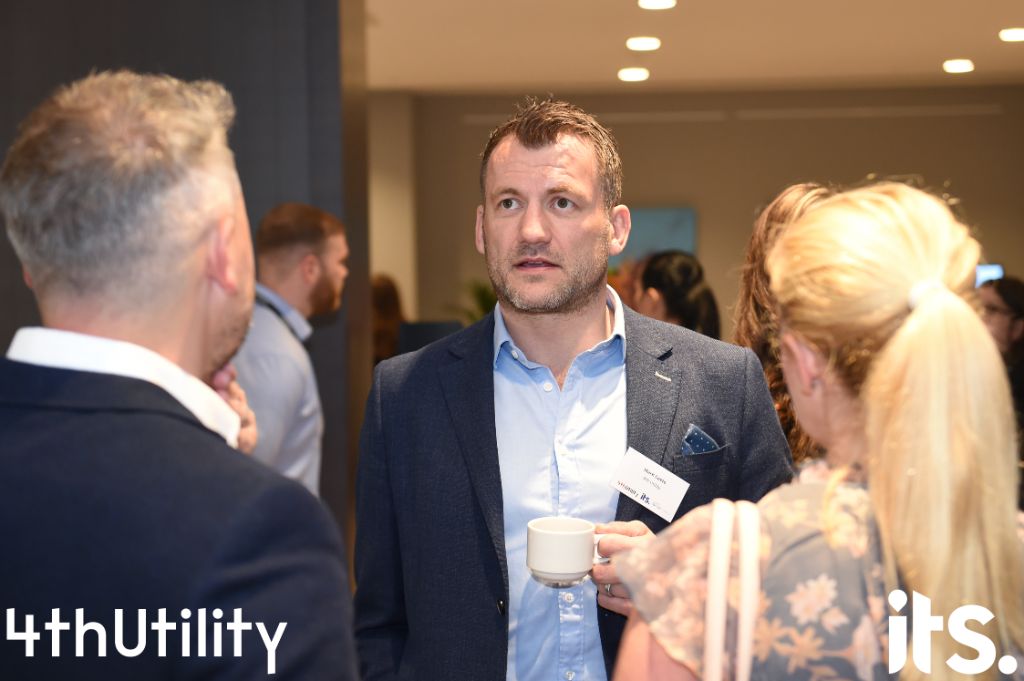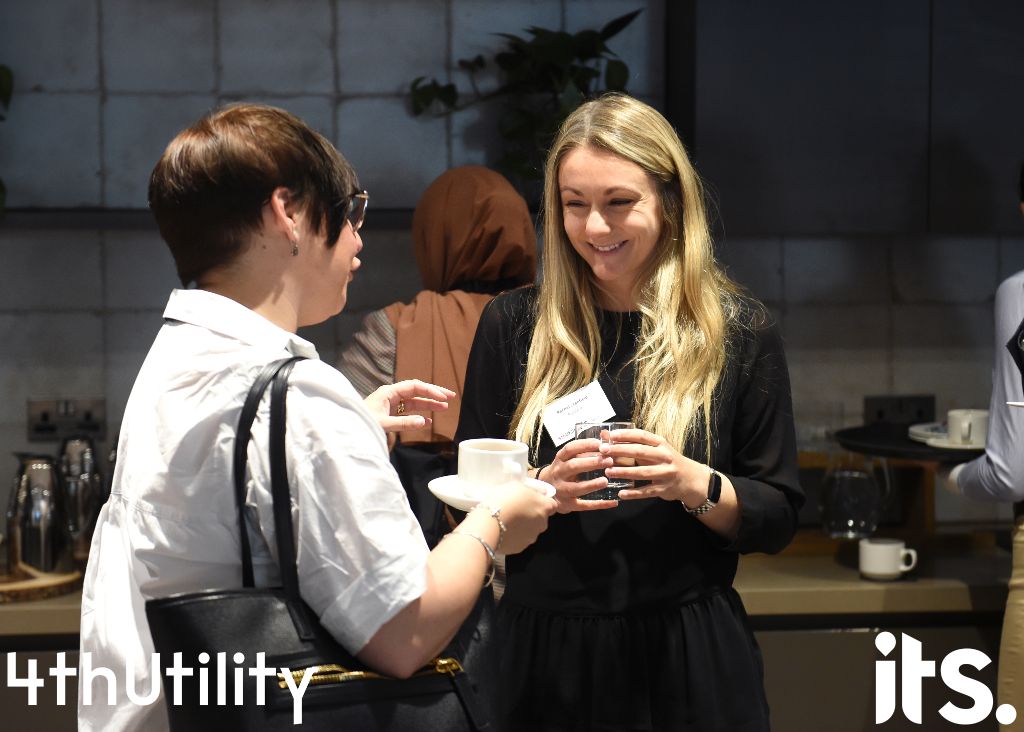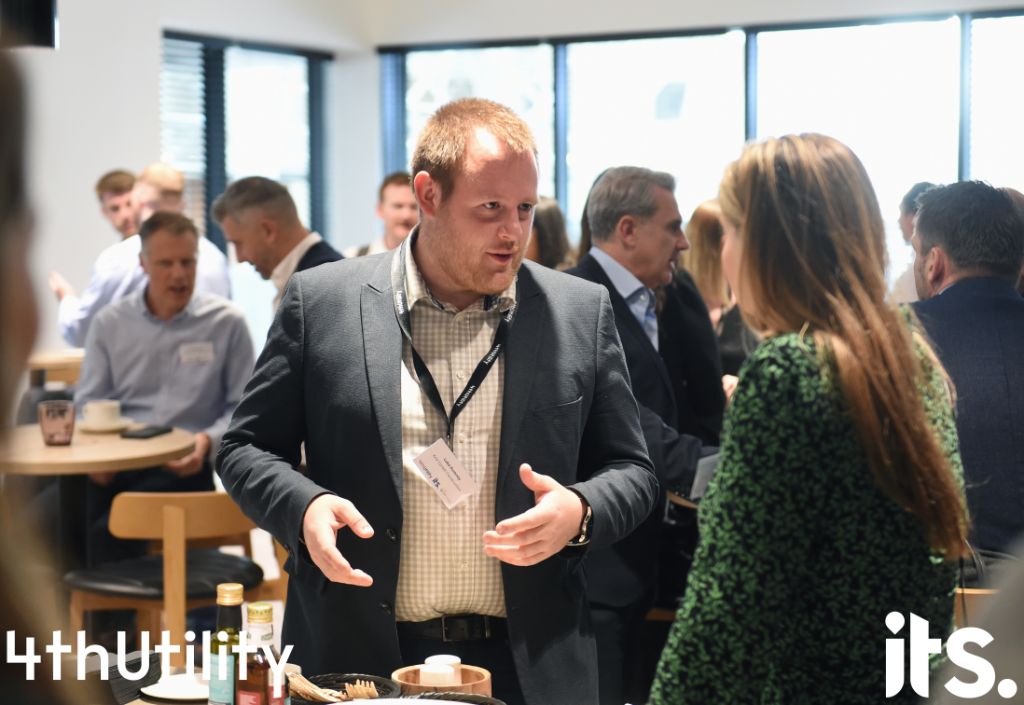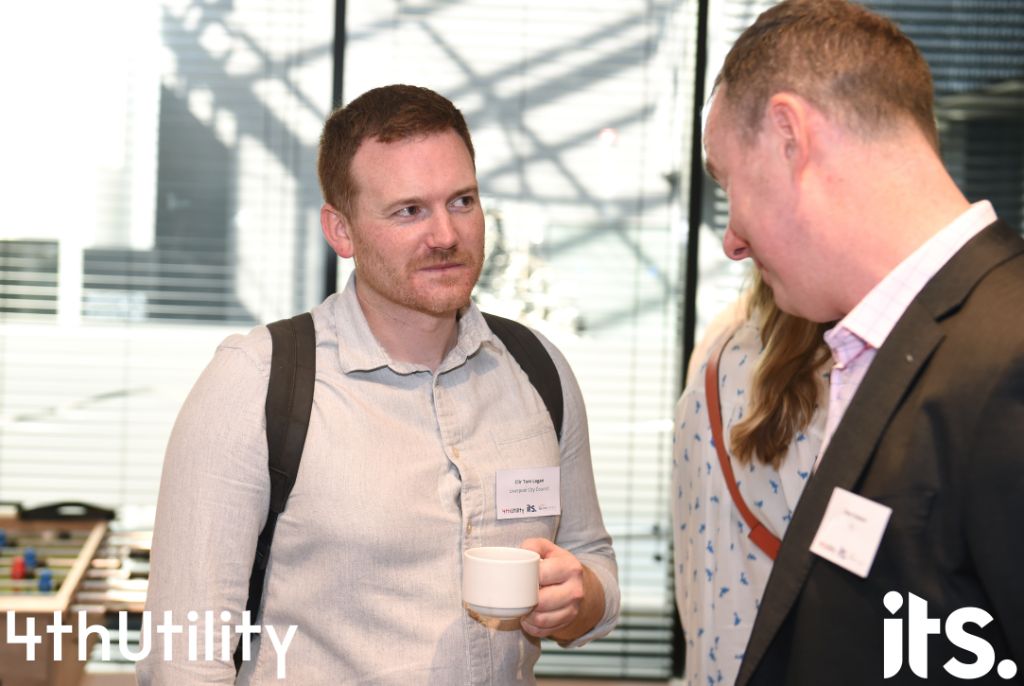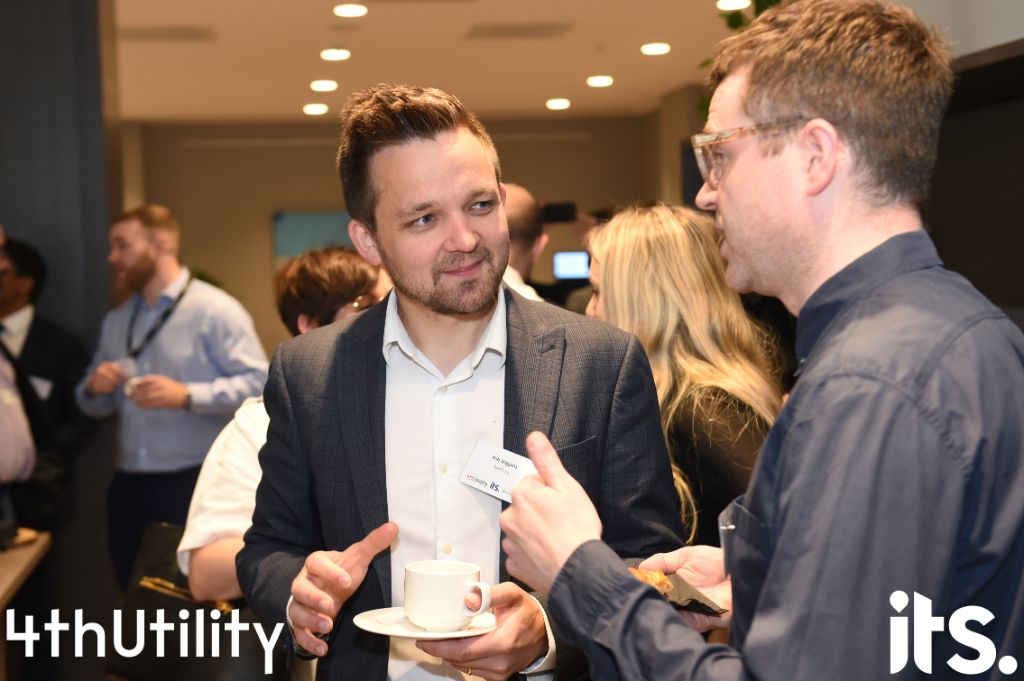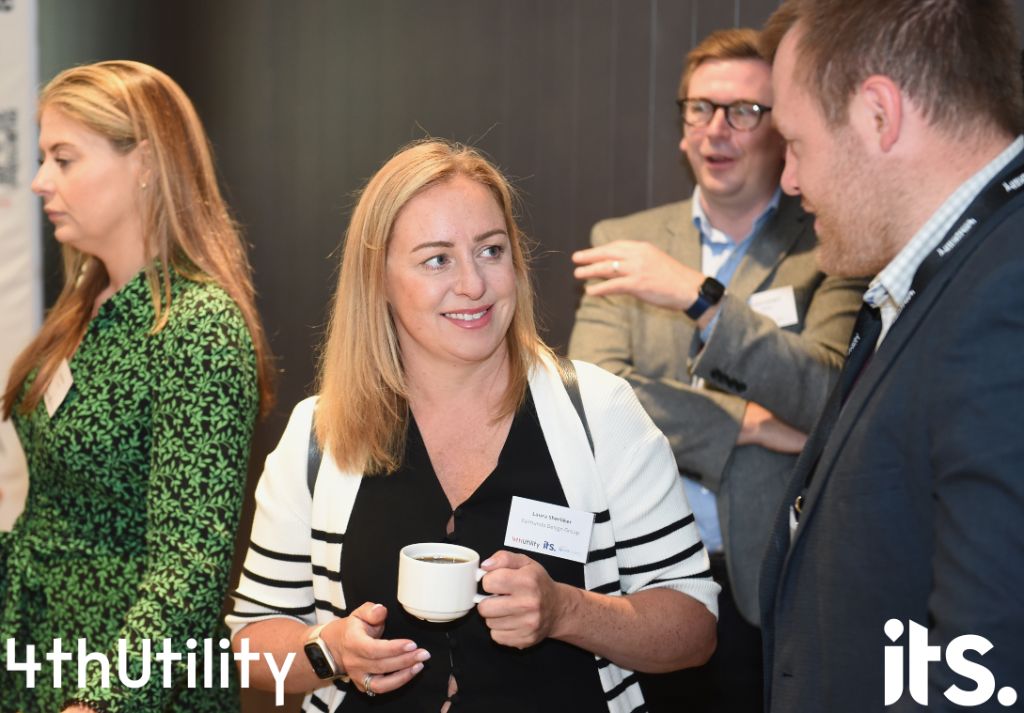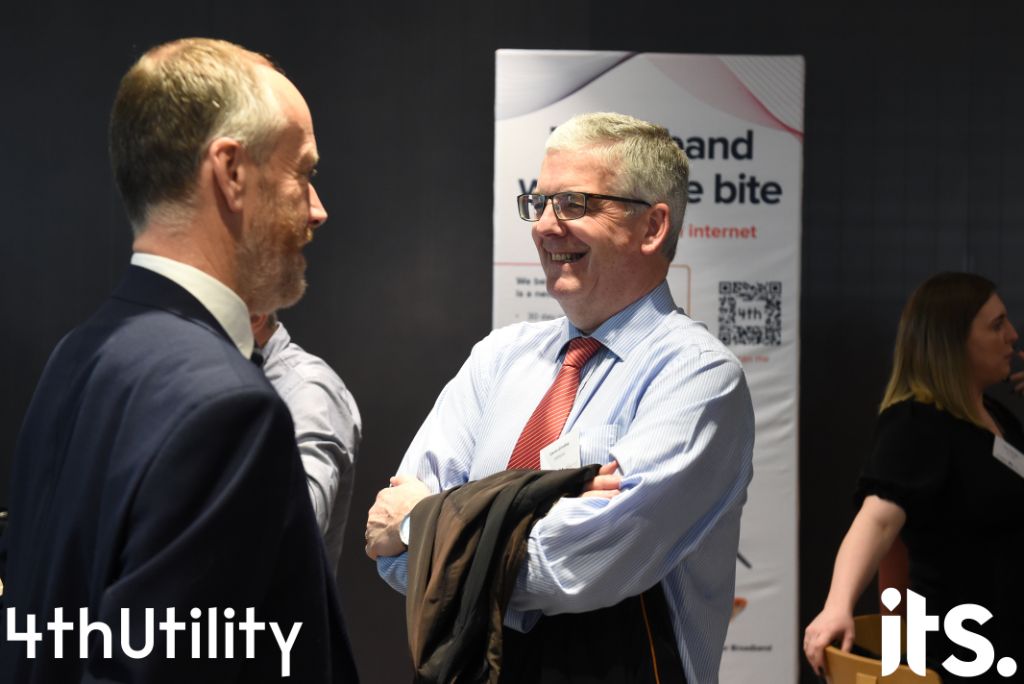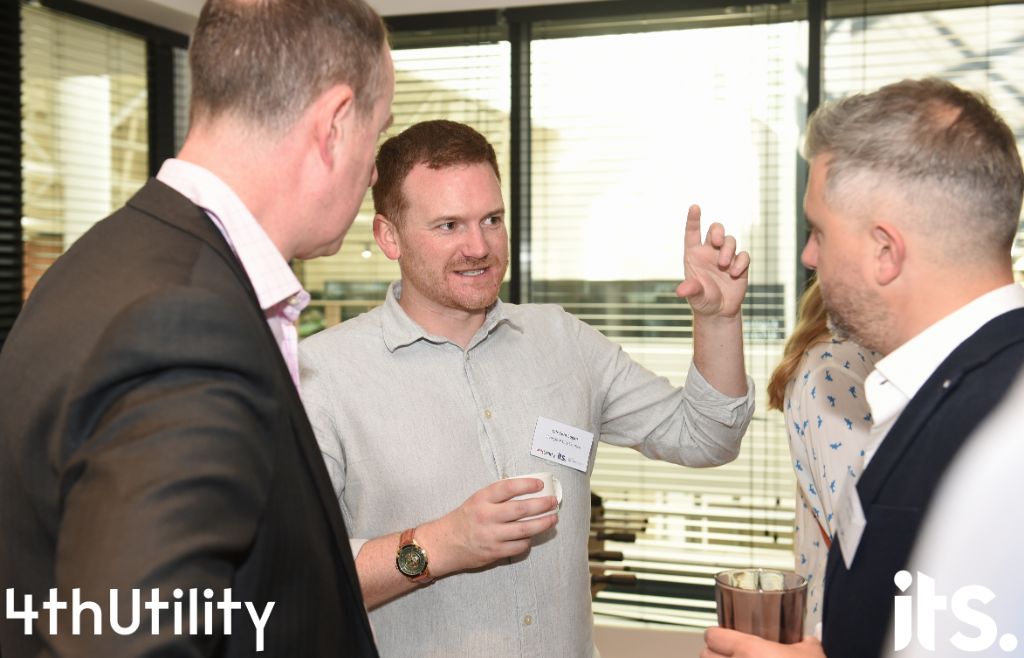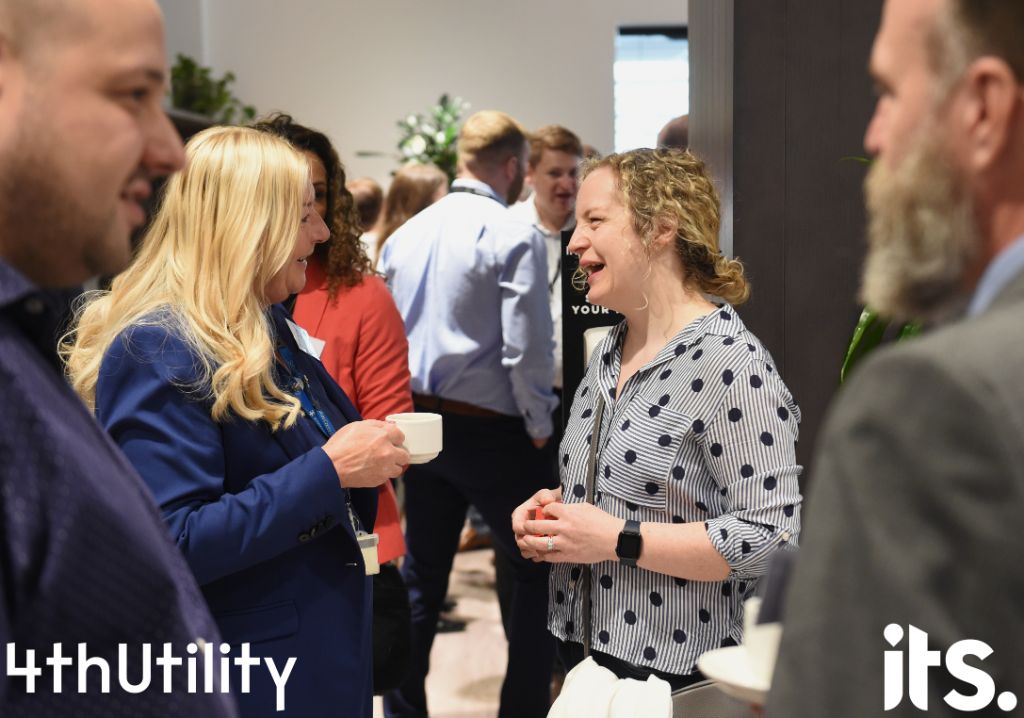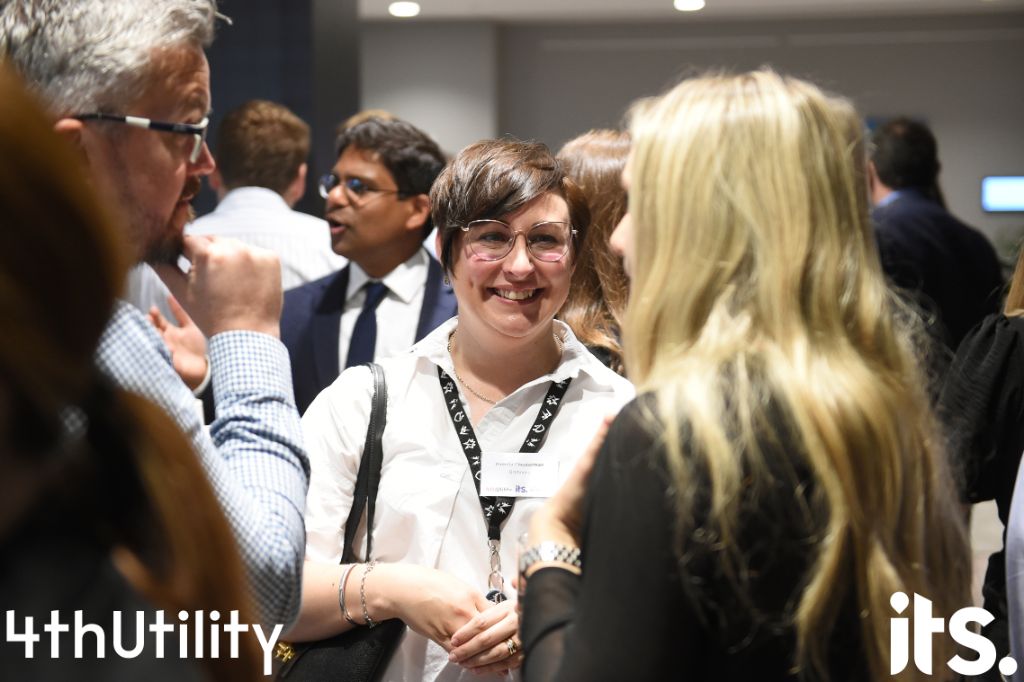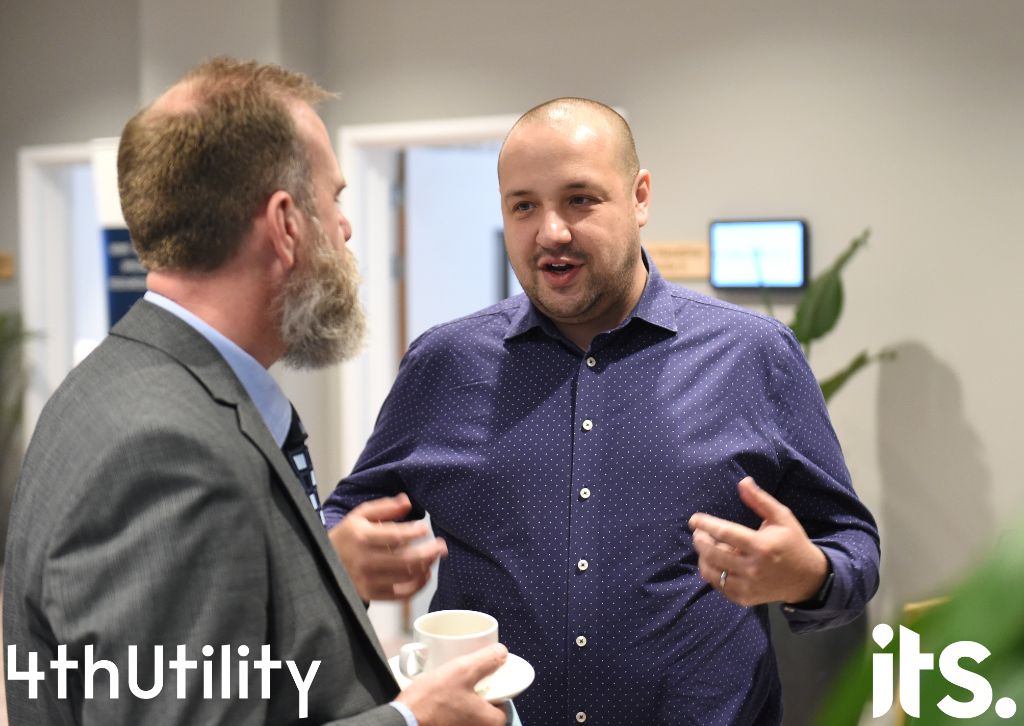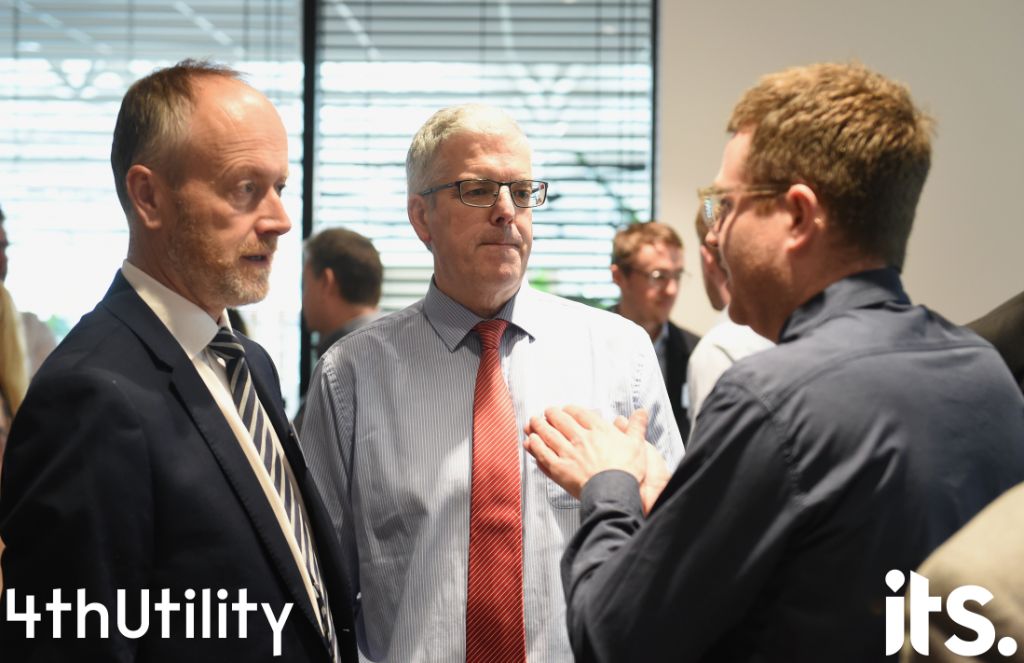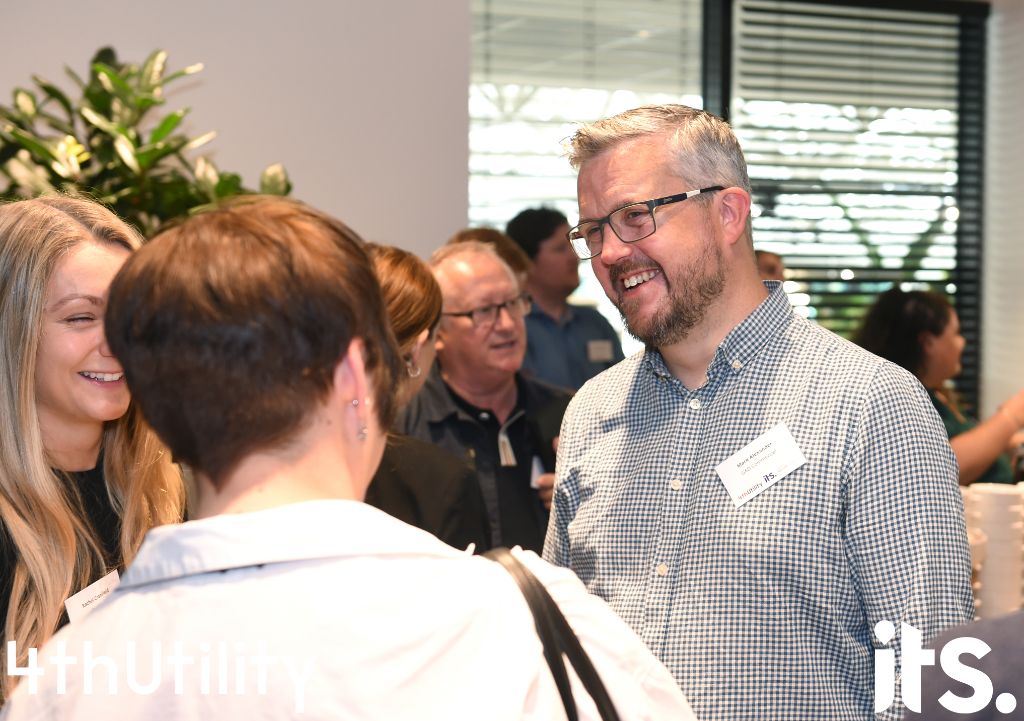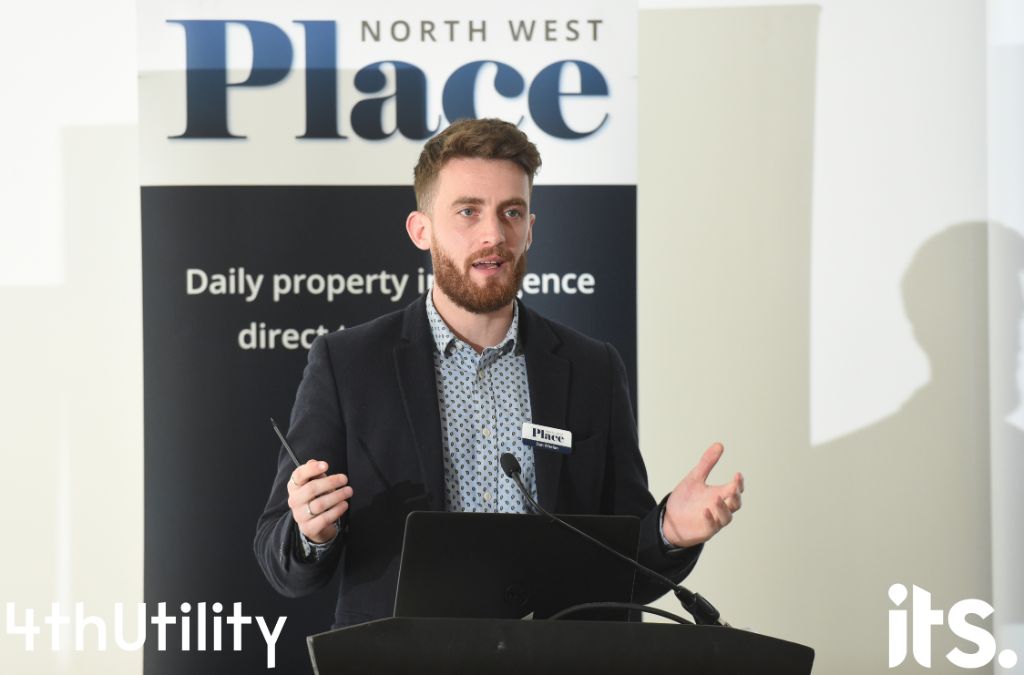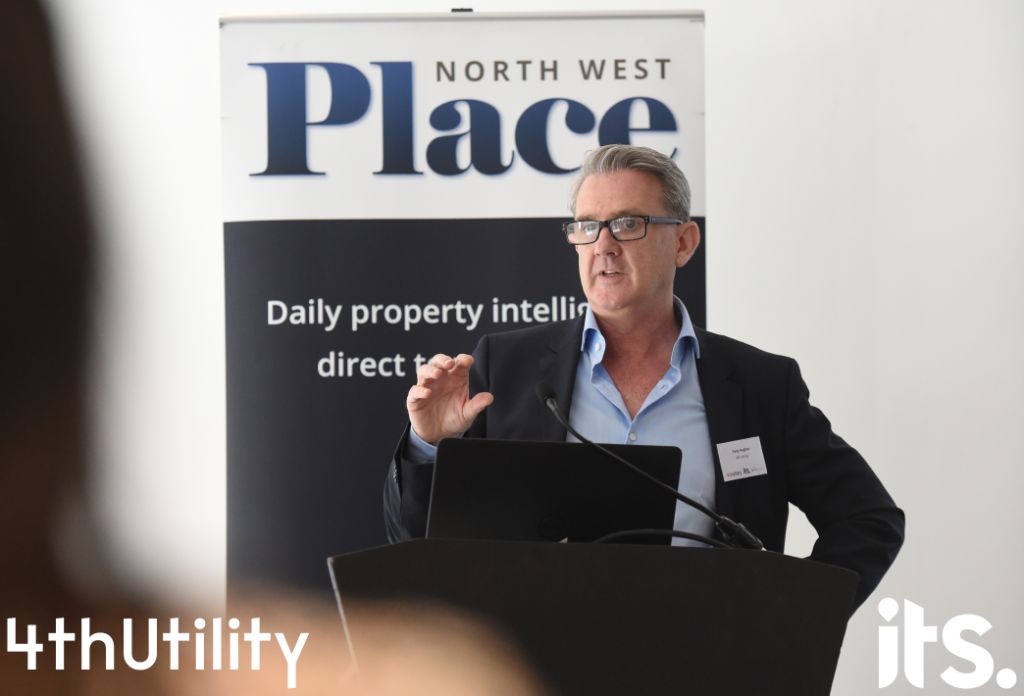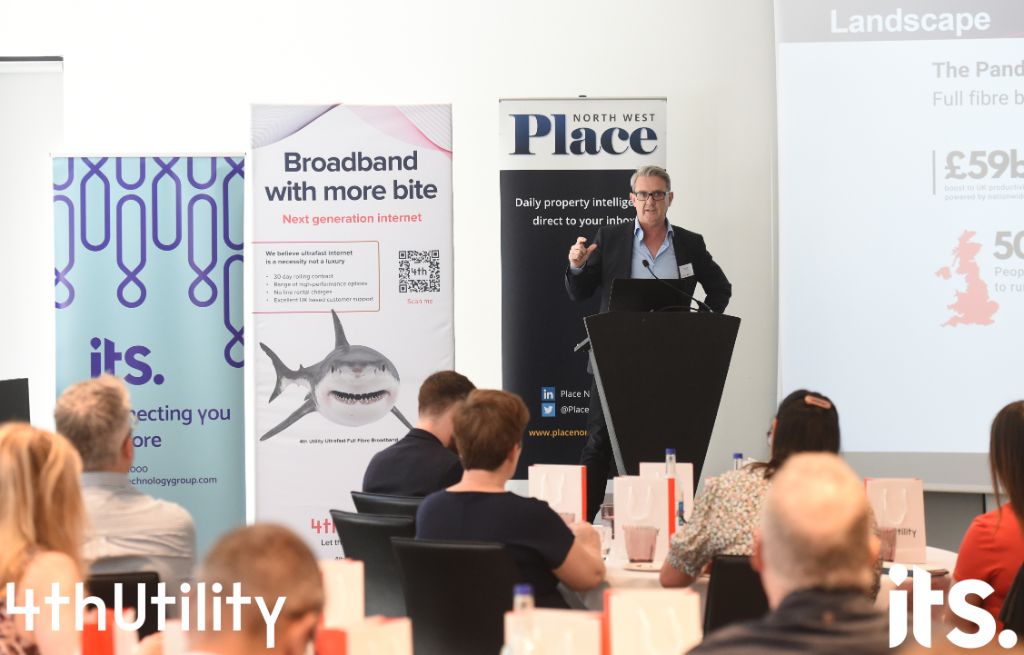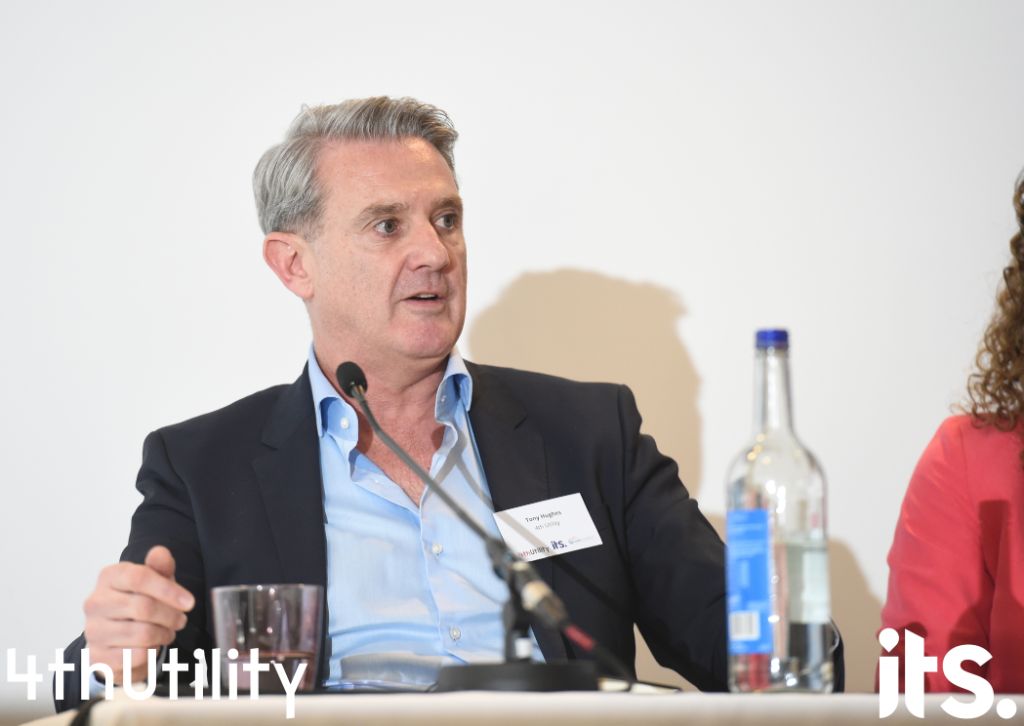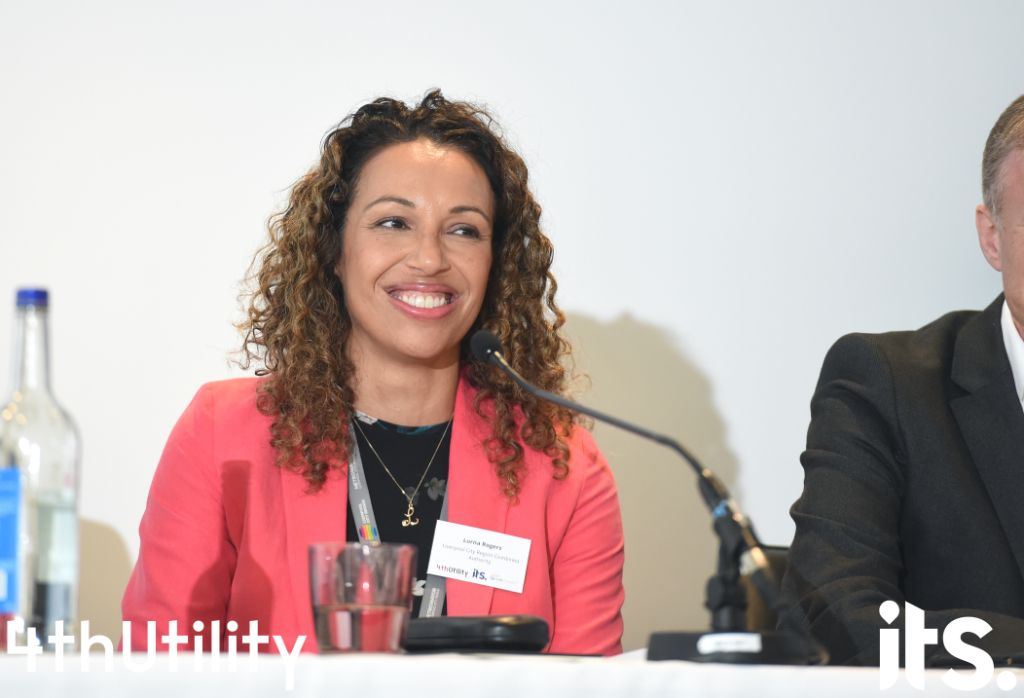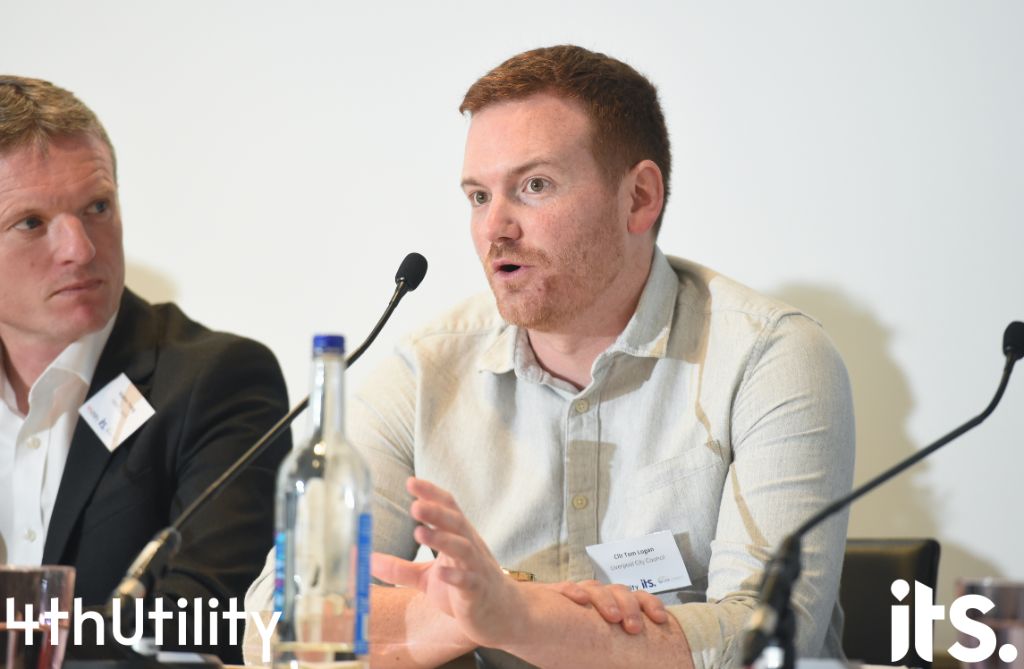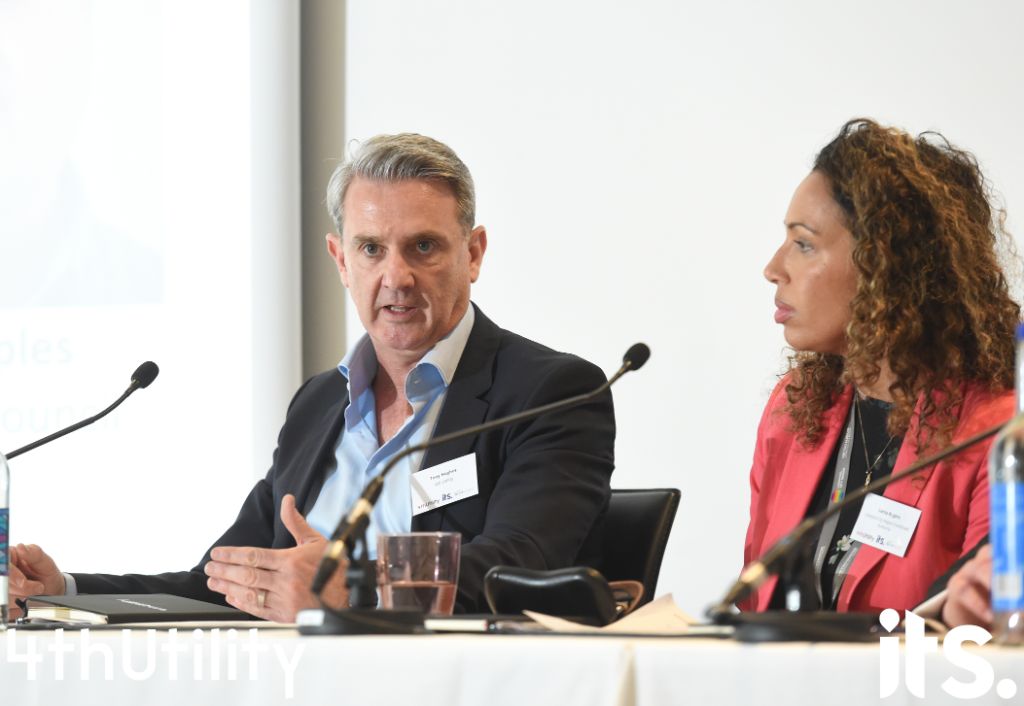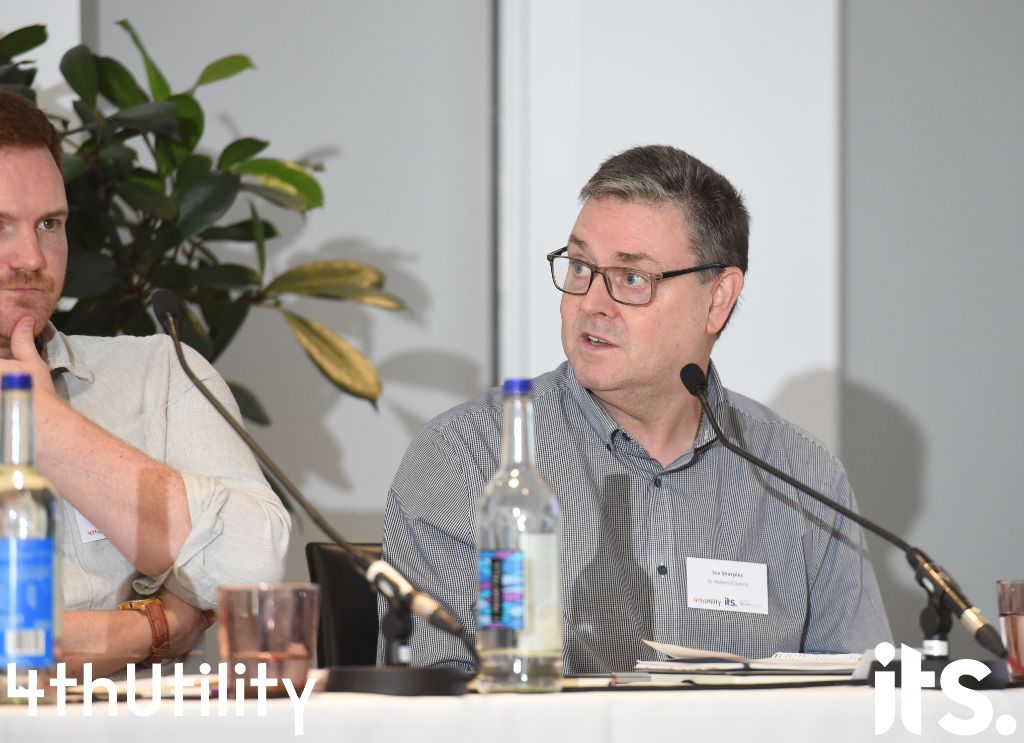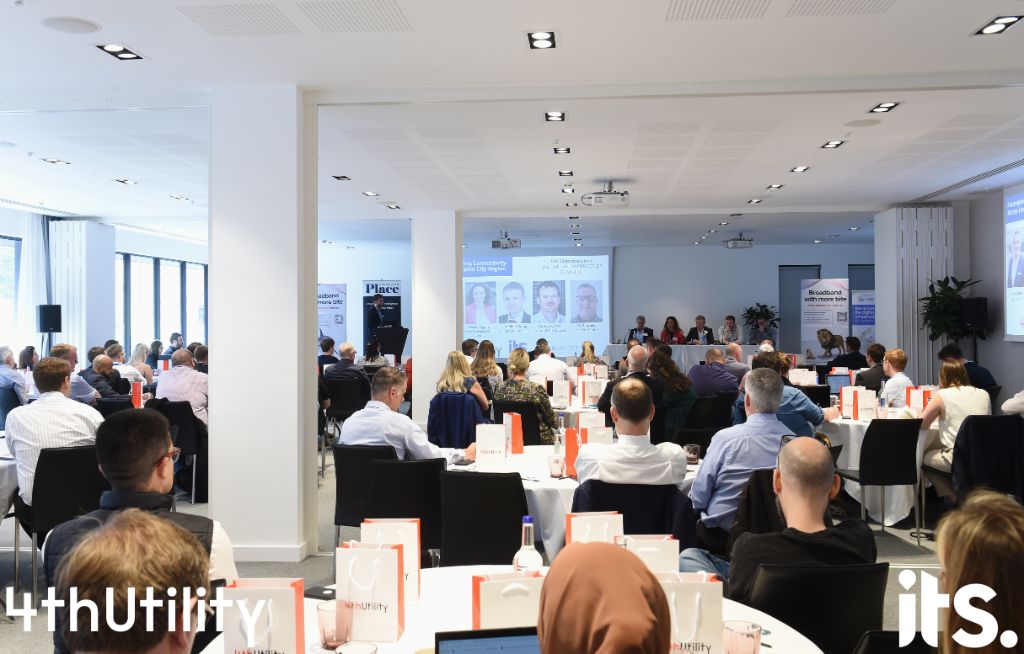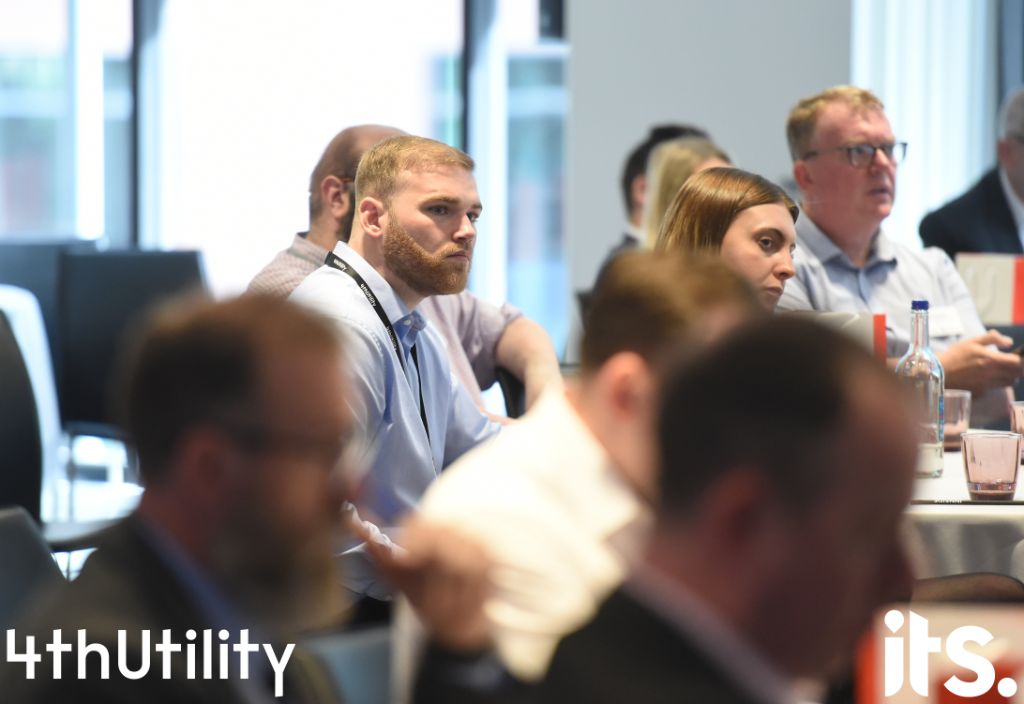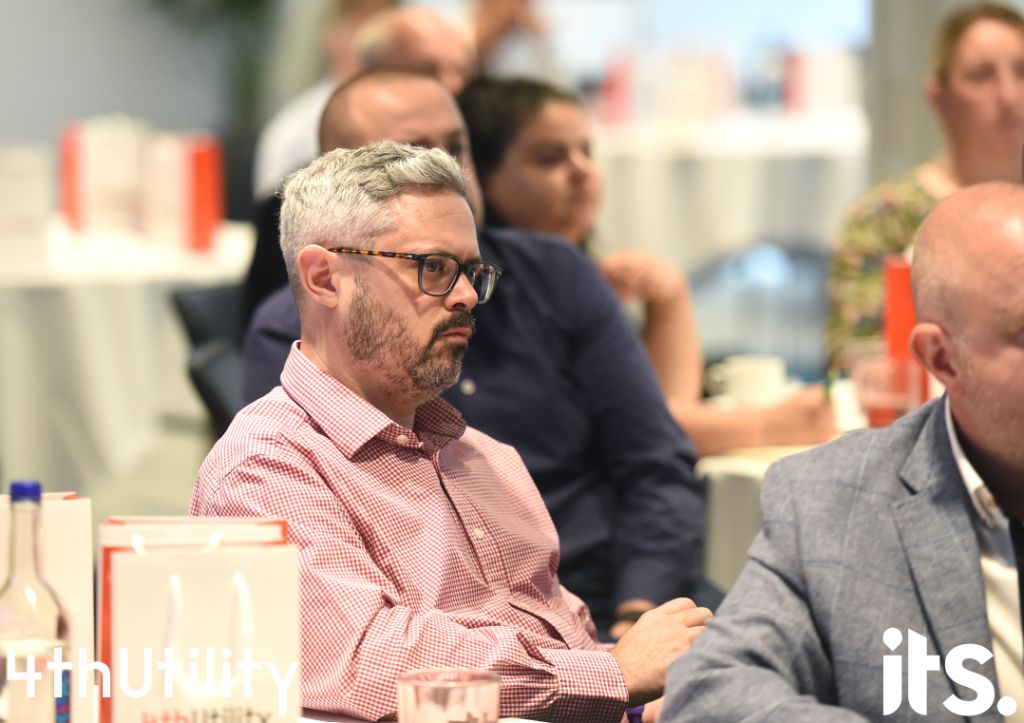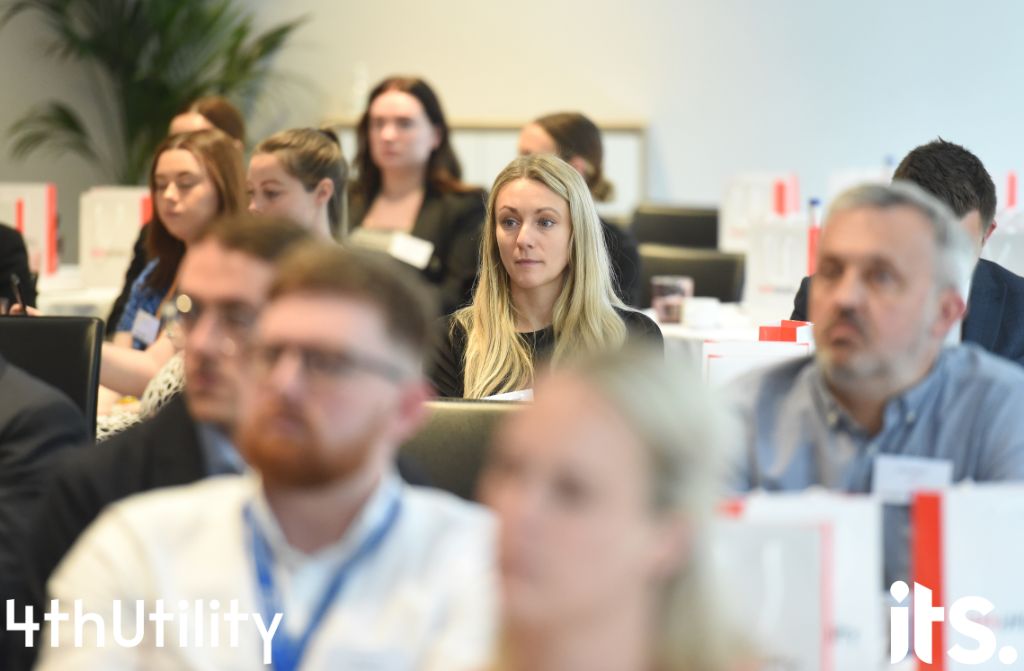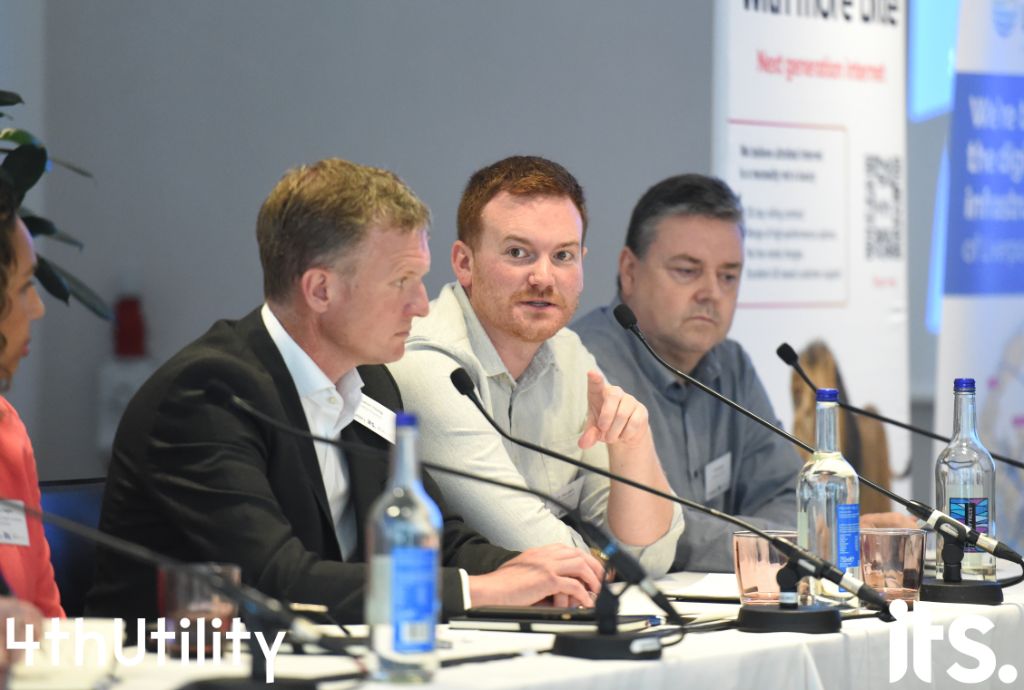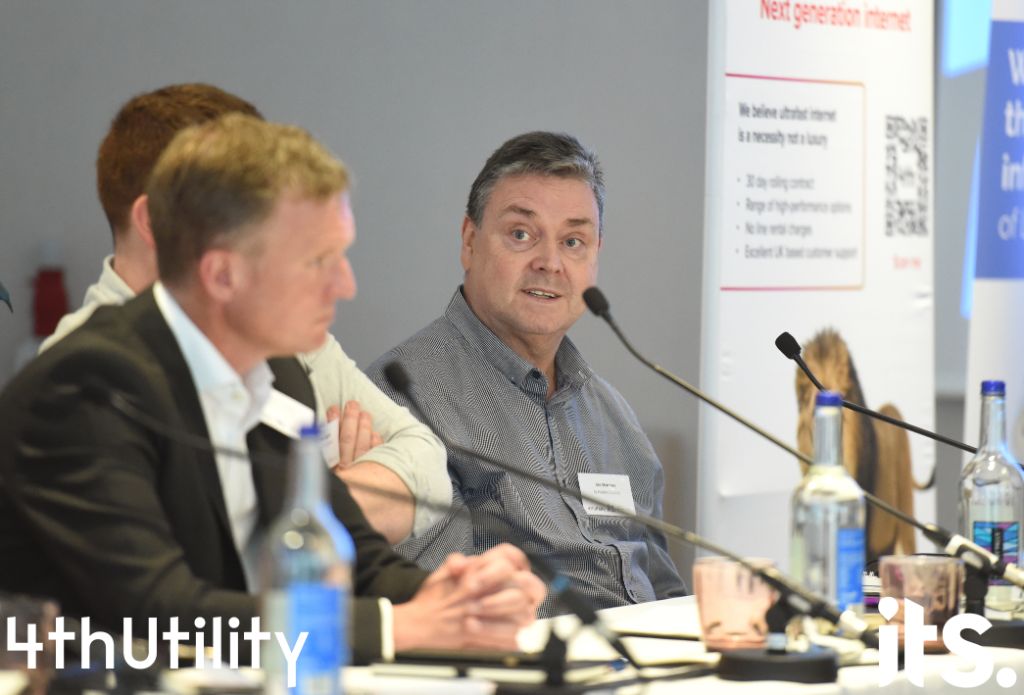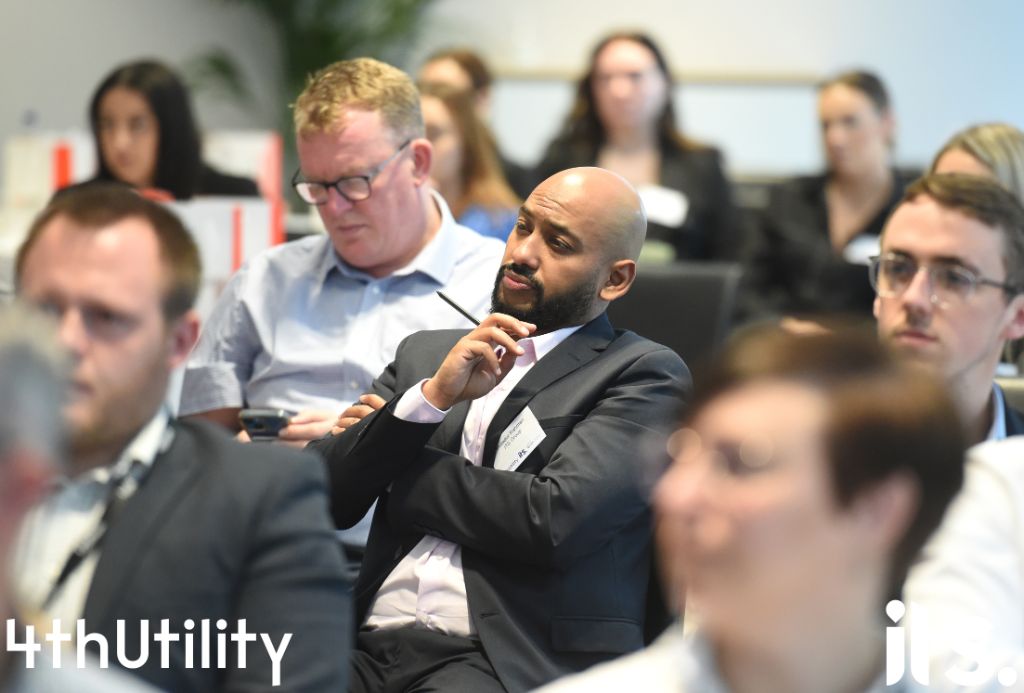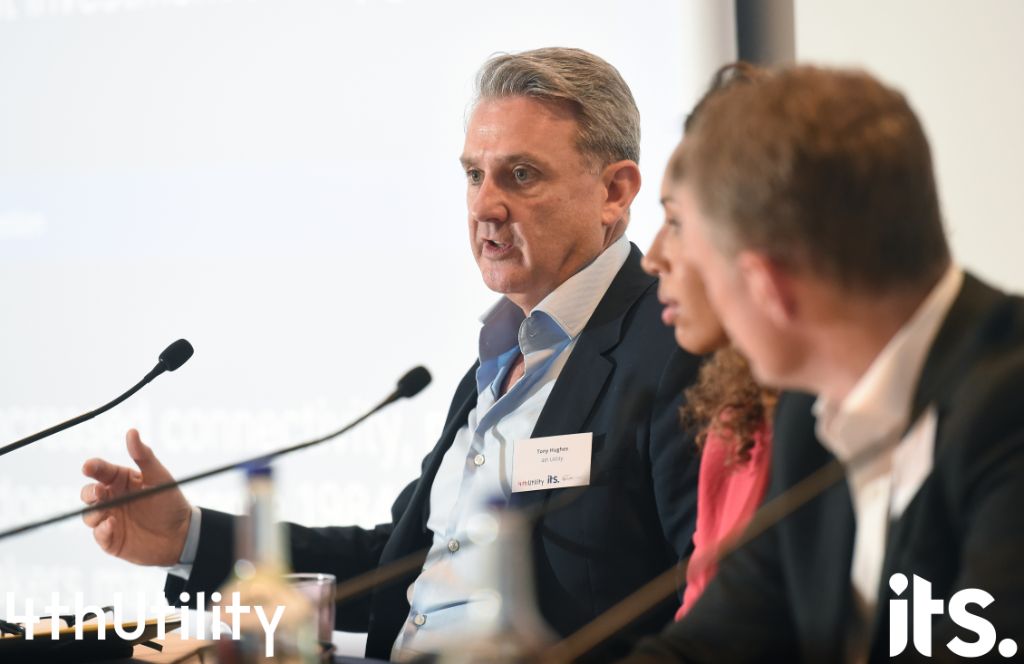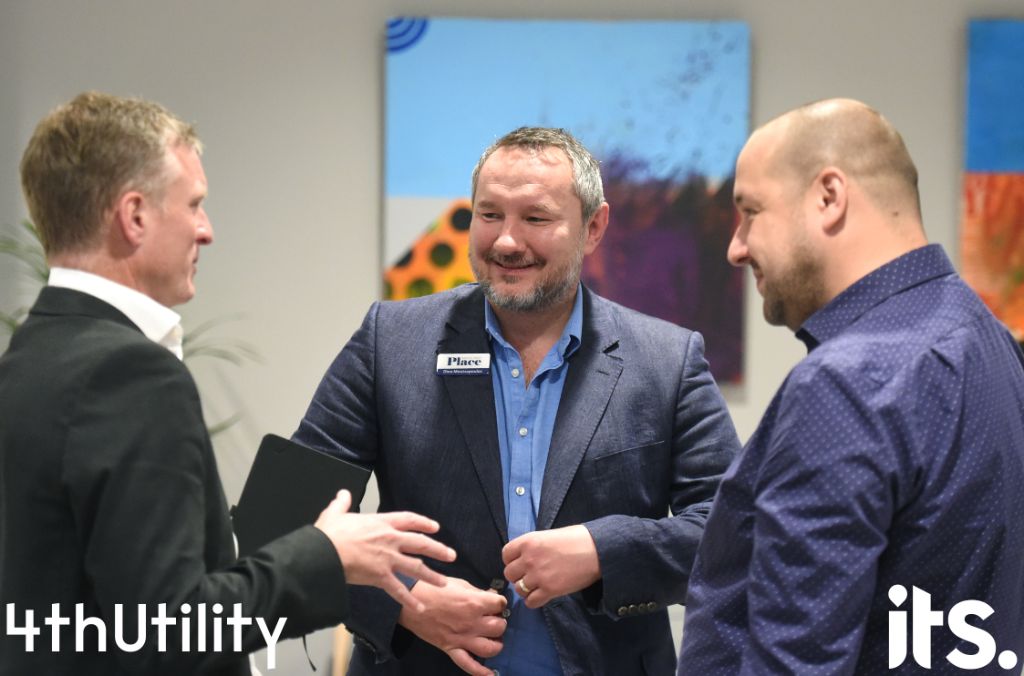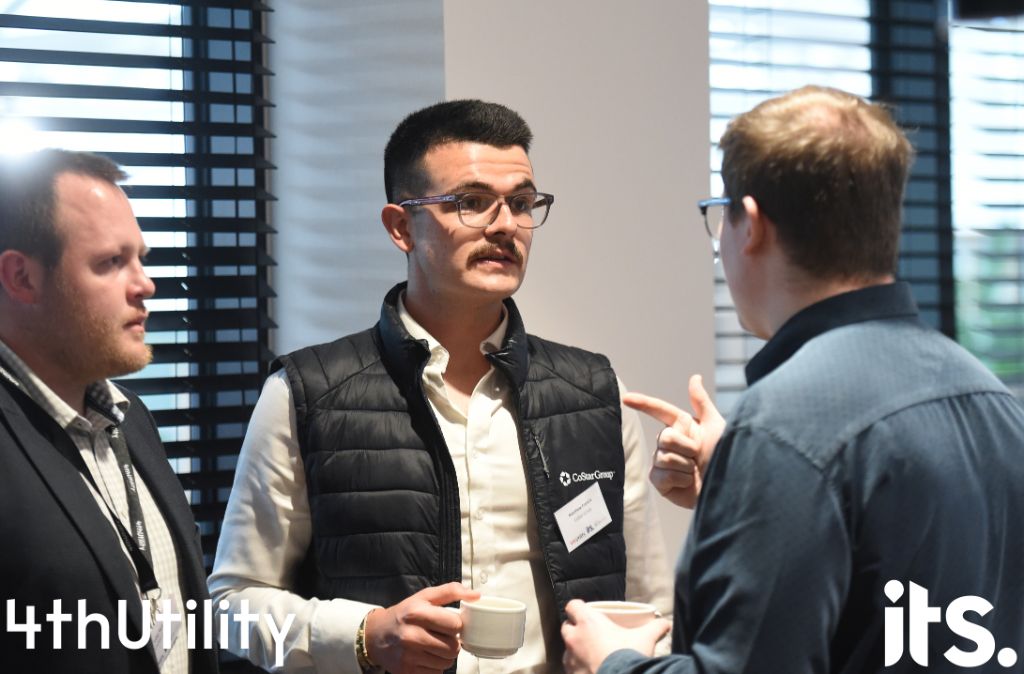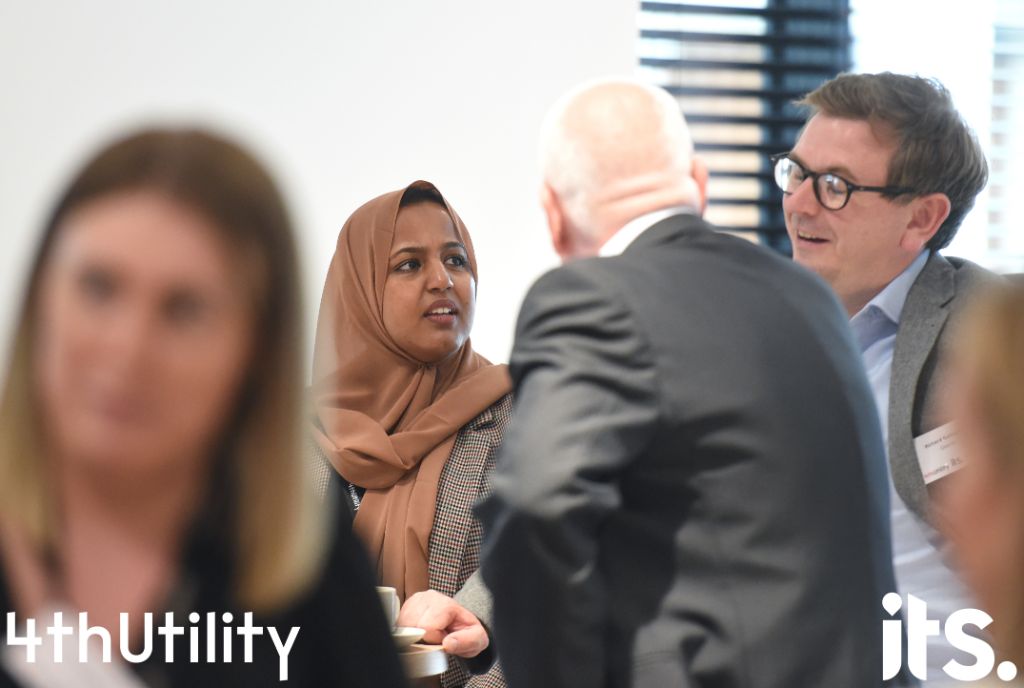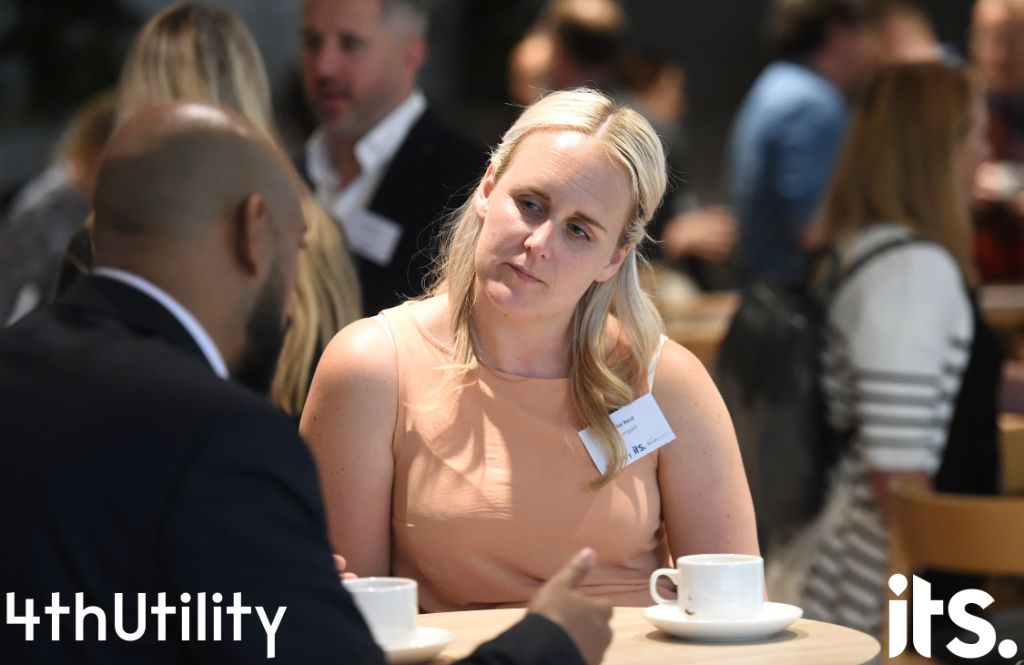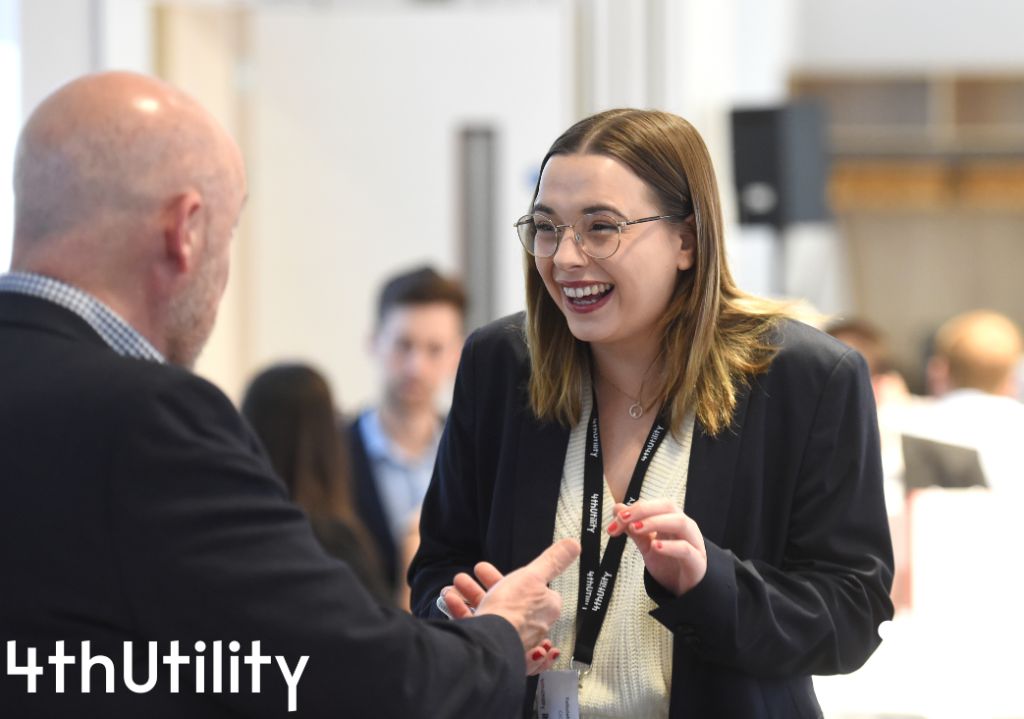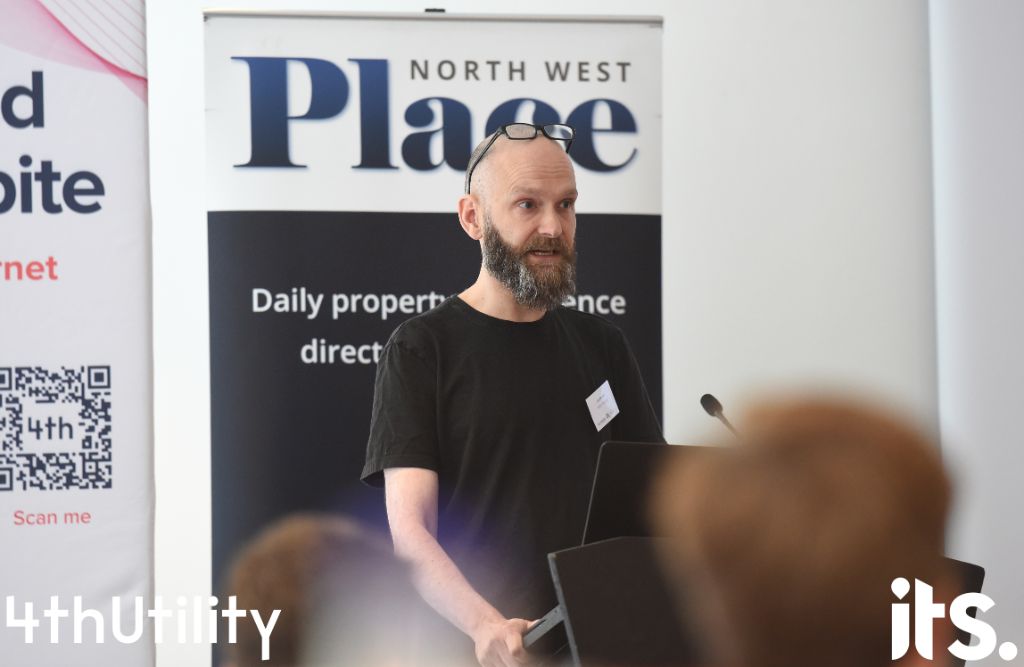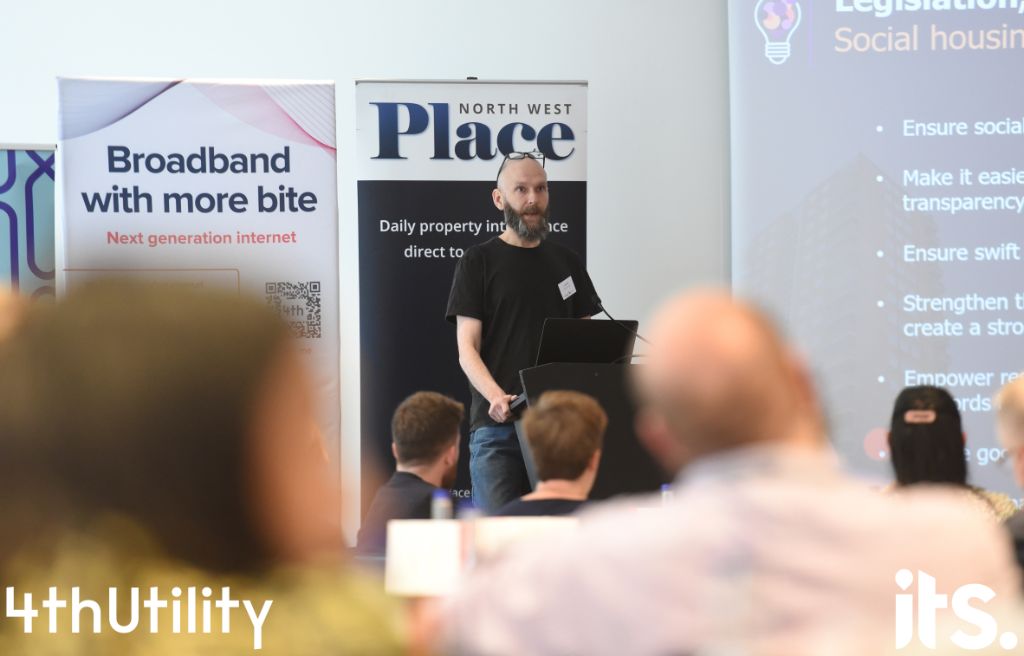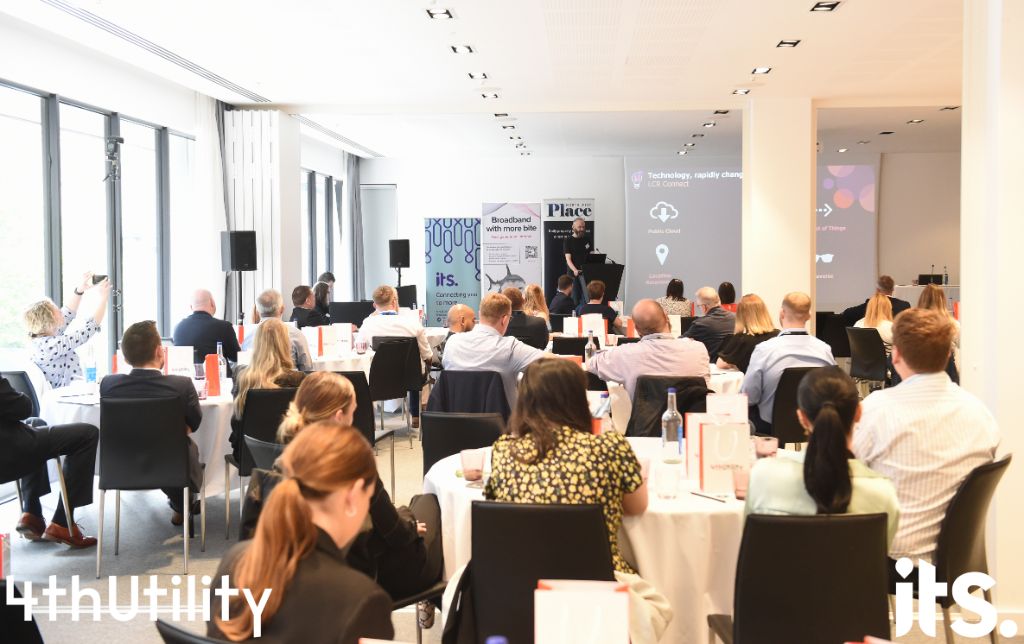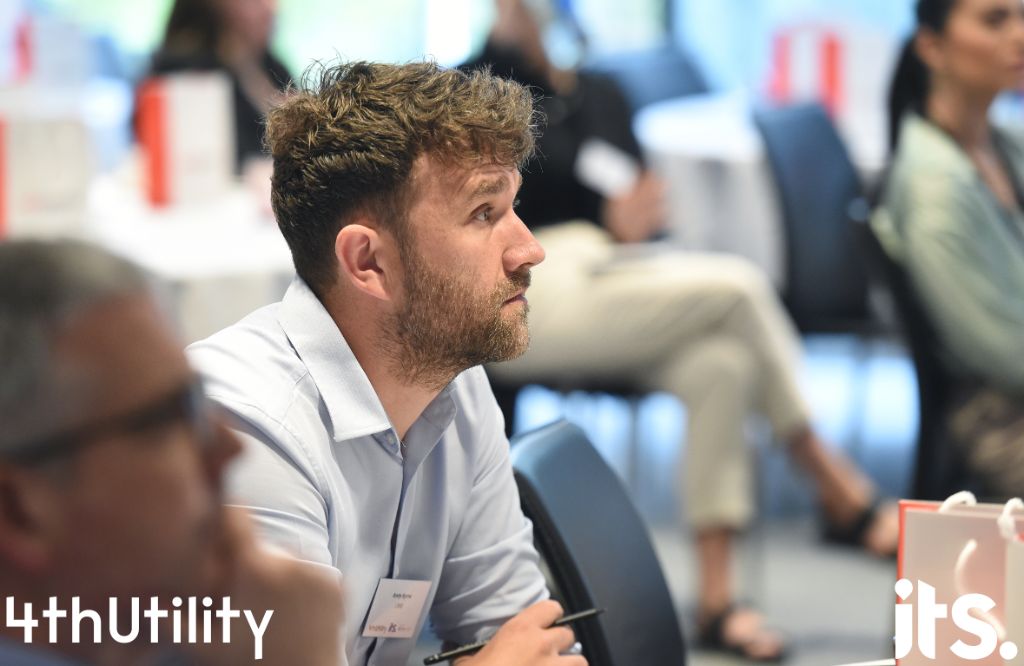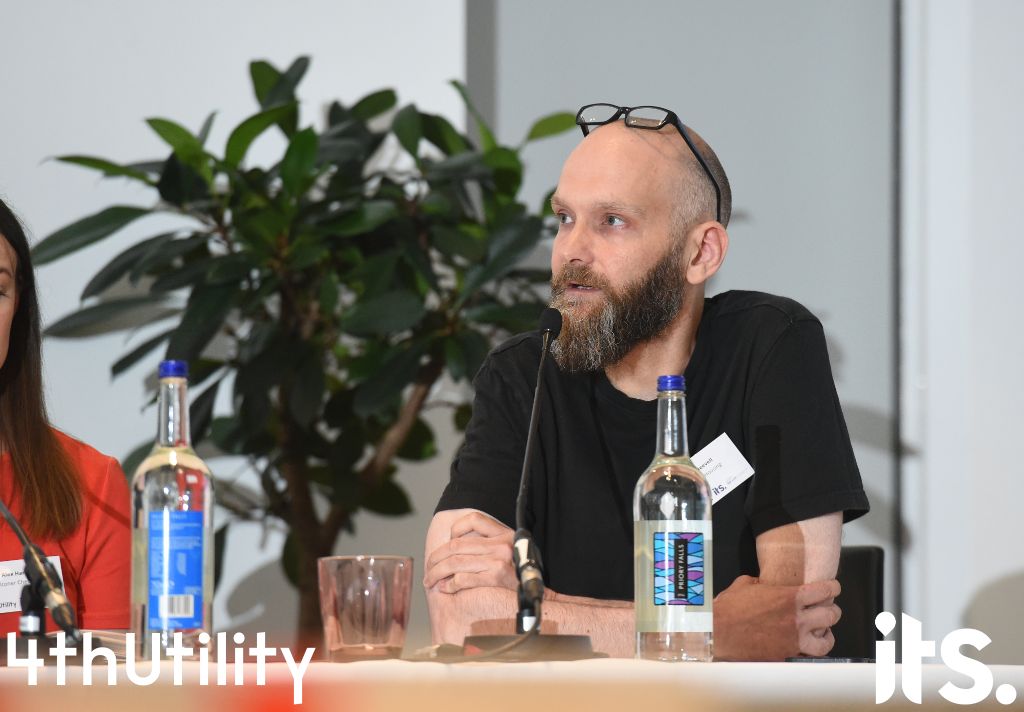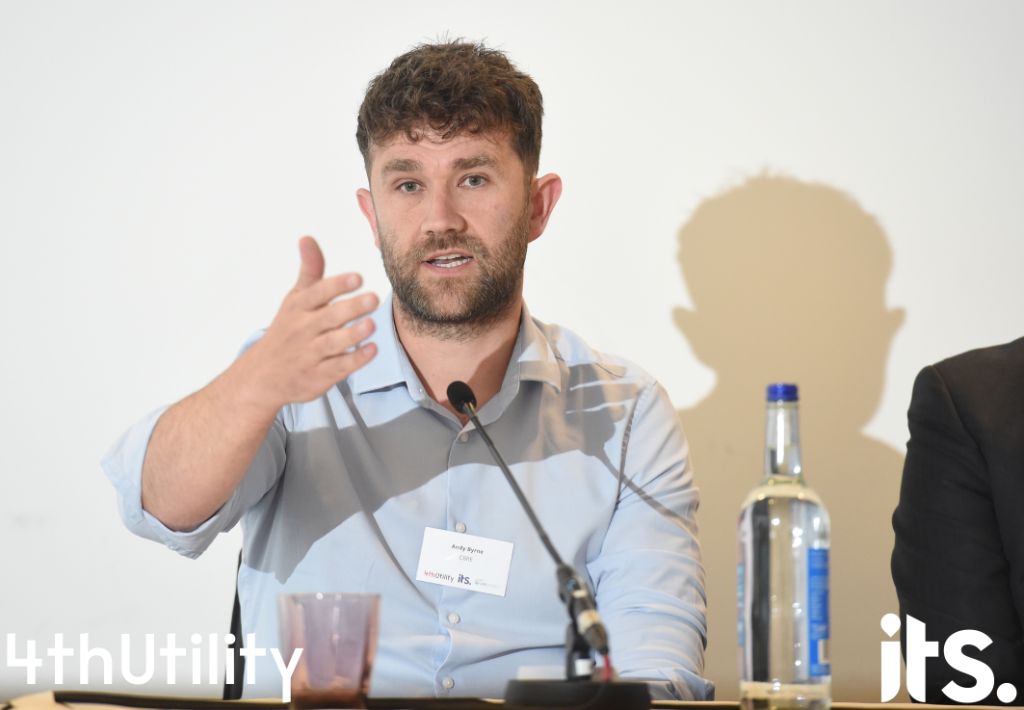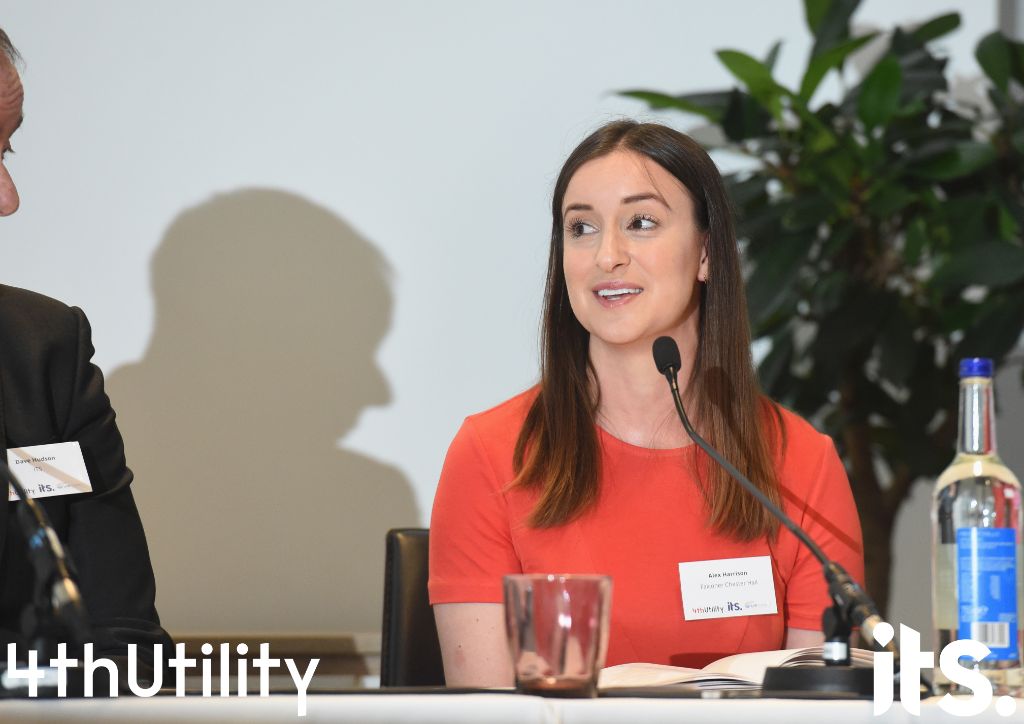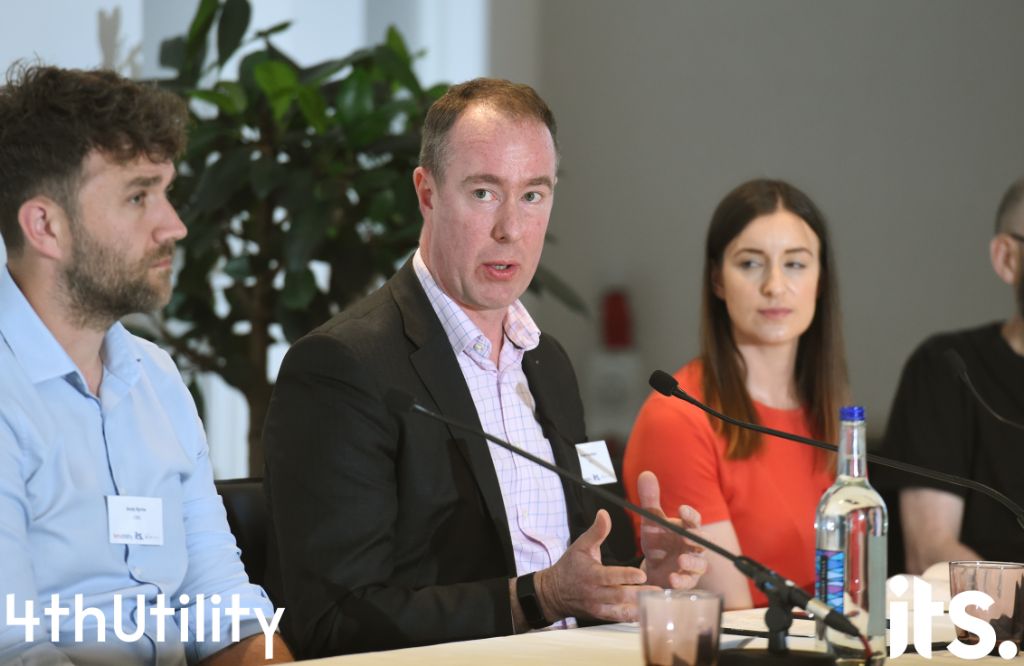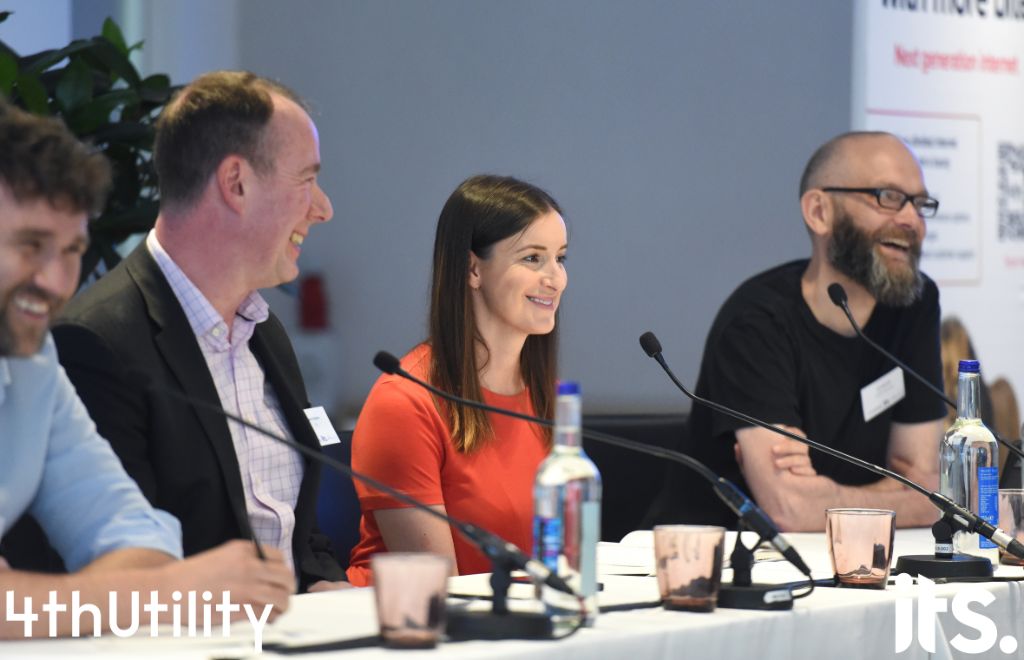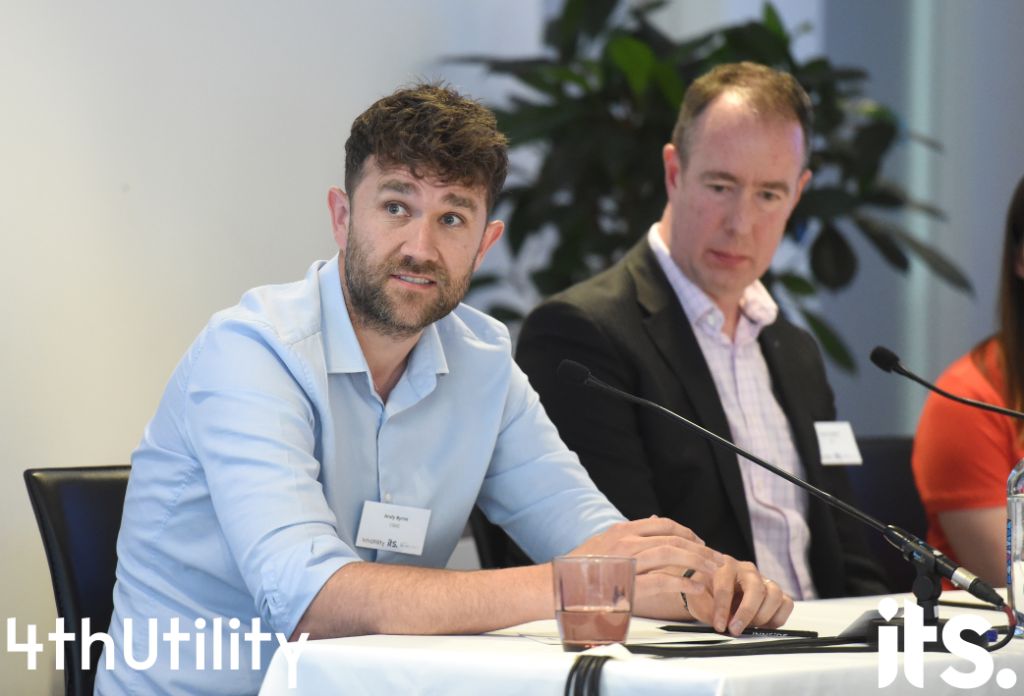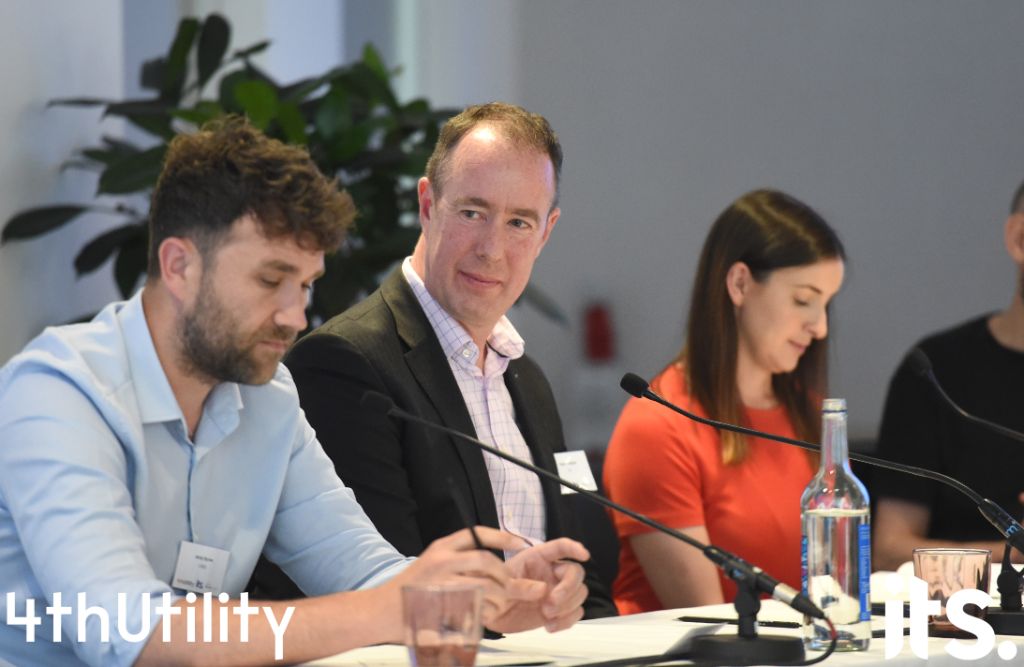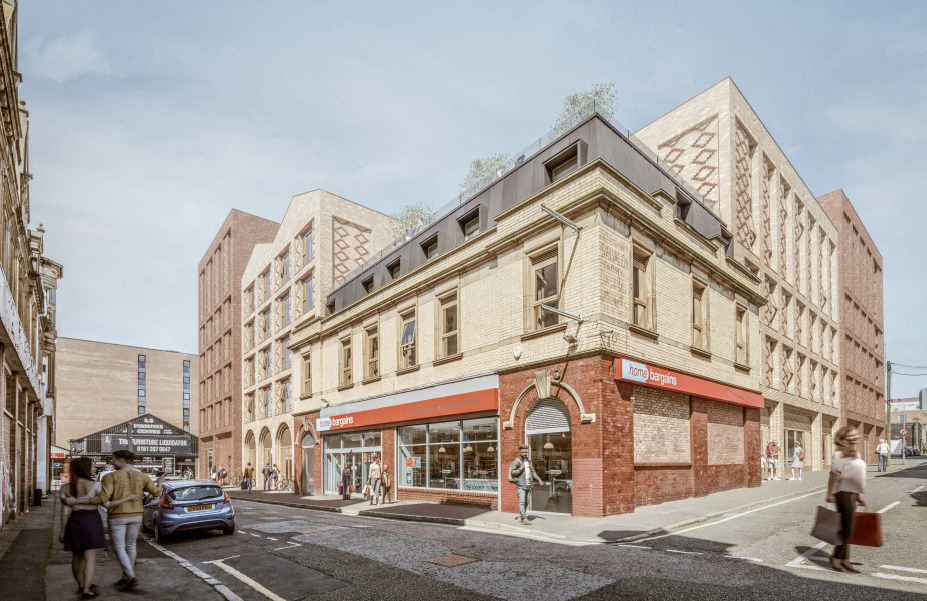Event Summary
Futureproofing Connectivity Across Liverpool City Region | Photos and summary
Exploring the importance of digital connectivity was the focus of Place North West’s latest conference.
Held in association with 4th Utility, ITS Technology Group and LCR Connect, and hosted by Place North West, the event took place at the Innside Hotel in Liverpool. The event was chaired by Dan Whelan, senior reporter at Place North West.
Here is an overview of the major topics of discussion.
Scroll down to see photos from the event

What is digital connectivity and why does it matter?
Digital connectivity means having a permanent internet connection, be it fixed or mobile.
Tony Hughes, chief executive of internet service provider 4th Utility, highlighted the inequality in society with online access. He said that 1m children were excluded during lockdown when learning became remote. They are not alone, with 1.5m households having consistent internet issues, particularly those who are not confident with new technology, such as the elderly and low-income families.
“The [digital] marketplace is littered with people who don’t care about their customers,” Hughes argued.
Hughes believes that superfast broadband should be a right, not a luxury, labelling it the “fourth utility”. He feels this is particularly prevalent in light of the pandemic forcing remote working, with good internet meaning people could more effectively work from home or in a hybrid environment, delivering a big boost to the economy through an industry that could grow by £59bn by 2023.
The UK is lagging behind the rest of the world, according to Hughes, who said the UK is 43rd in the world for digital connectivity. For Hughes, full digital connectivity across the country is crucial, and the best way to ensure this happens is to deliver for people locally and nationally.
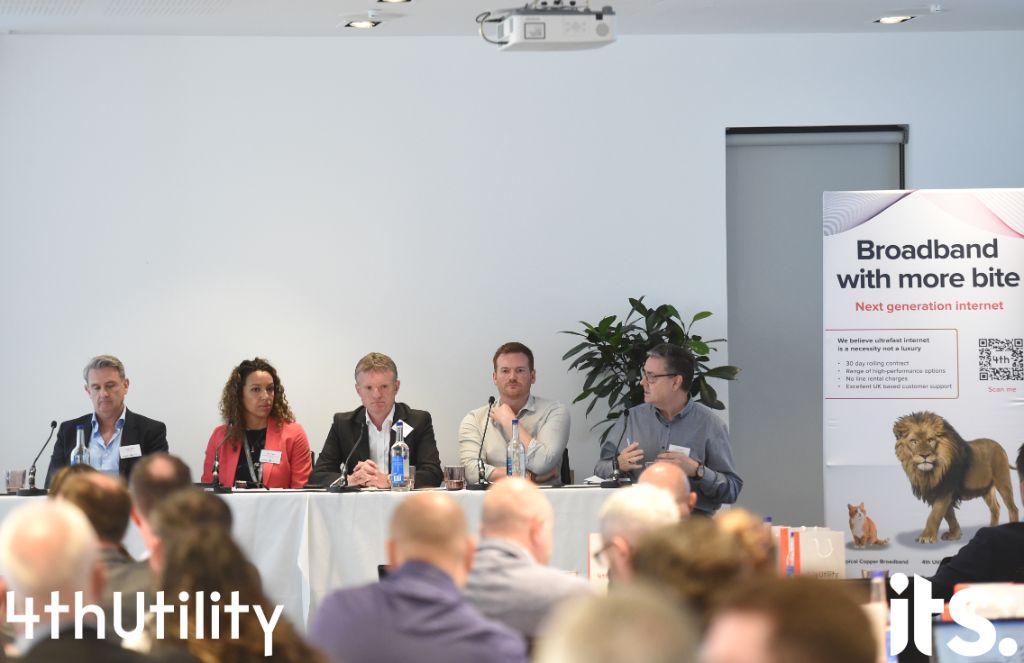
The conference’s first panel: 4th Utility’s Tony Hughes, Liverpool City Region Combined Authority’s Lorna Rogers, Halton Council’s Stephen Young, Liverpool City Council’s Cllr Tom Logan, and St Helens Council’s Ste Sharples. Credit: PNW
Next steps
Getting fibre throughout the UK will be tricky, with less than a quarter of homes currently having it, according to Hughes.
“Think about a six-lane motorway,” he said. “It’s free-flowing usually, but if you put 100,000 cars on it, you’re going to get traffic [congestion].”
To combat this, he pointed out that it would be useful to have better internet on public transport so commuters would be able to work on their journey.
Cllr Tom Logan, cabinet member for education and skills at Liverpool City Council, advocated for changing the way we teach technology to students.
He suggested that putting tech skills, such as coding, on the national curriculum would be another popular way of improving digital inclusion – a move Argentina and Estonia have already made.
“We’re at the point now where if you can code in a range of languages, you can get a high-paid job, like being able to read and write 150 years ago,” Logan said.
How councils are getting involved
Liverpool City Region Combined Authority is making digital connectivity a priority. The combined authority is one of the partners behind LCR Connect, a full-fibre, ultrafast gigabit-capable network spanning the Liverpool City Region.
Lorna Rogers, assistant director of the mayoral programme delivery at the combined authority, explained how the authority is improving the future of connectivity.
“LCR Connect is investing in our own digital infrastructure across the city region,” she said. “We are creating our own backup network, 212km, futureproofing it, and we are working in partnership with ITS and [construction partner].”
She said this venture was part of Liverpool’s metro mayor’s plan to play a leading role in connectivity equality in the country, by “taking the future into our own hands”.
In St Helens, the council has crafted a digital strategy to improve people’s confidence with technology.
“We have these locality hubs where people with no tech confidence come in unaware but leave able to do something,” said Ste Sharples, assistant director of people and digital at St Helens Council.
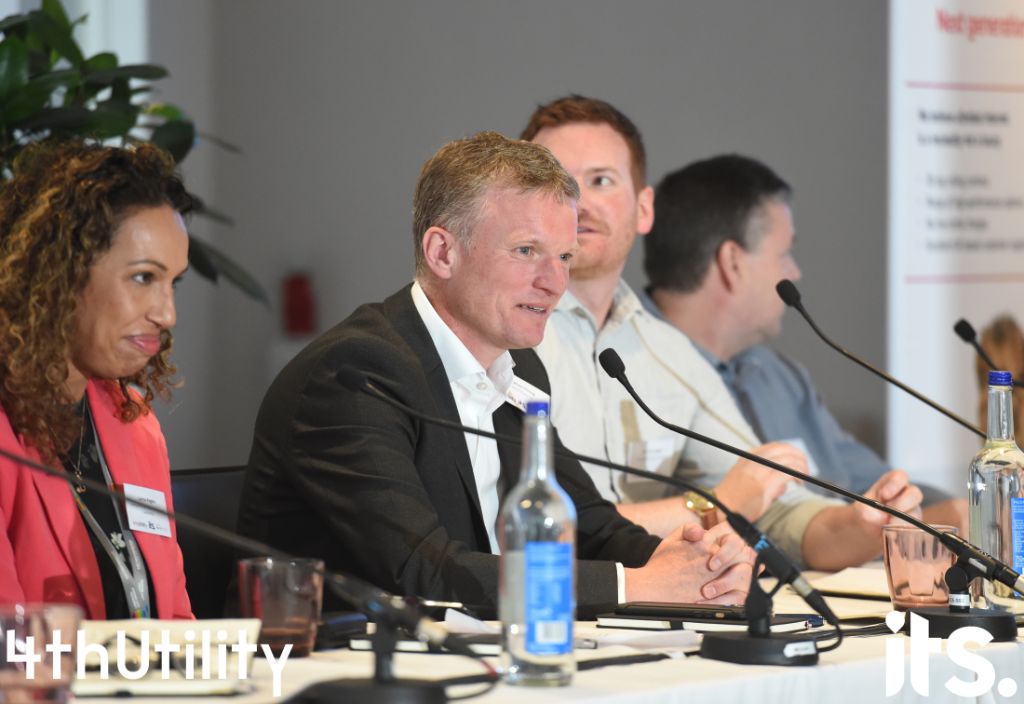
Stephen Young: ‘Modern businesses won’t come [to cities] if they can’t guarantee full connectivity’. Credit: PNW
Real levelling up is needed
The government’s levelling up plans are not meeting the needs of cities when it comes to digital inclusivity.
Local councils can’t provide permanent free connectivity because of the impact it would have on major businesses, argued Liverpool’s Cllr Logan.
He mentioned Liverpool City Council’s scheme that provides families with a share of £2m worth of hardware and internet servers, but only for 12 months as Whitehall hasn’t given them the finances any longer.
“We have 1,200 families signed up at the moment,” he said. “But what do they do after 12 months? How does a family prove it can’t afford an internet connection? This is about improving health and social care and reducing digital poverty.”
Logan pointed out that some people are being excluded from areas of society they could access pre-pandemic with many services having moved online.
Stephen Young, chief executive of Halton Council, was concerned by the lack of major companies coming to the Liverpool area and other city regions.
“Modern businesses won’t come if they can’t guarantee full connectivity,” Young said. “We will need to keep developing our work inclusively to make sure we keep up with the market, having that whole supply chain to give jobs to our local community.”
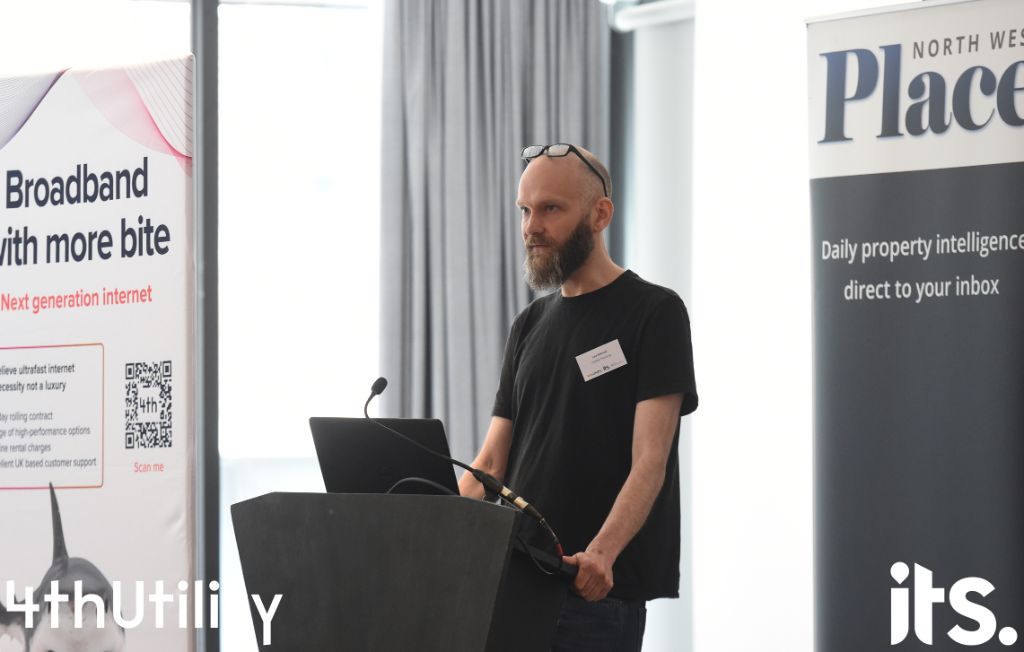
Lee Reevell with Halton Housing delivered the second presentation of the day. Credit: PNW
Connectivity is changing society’s needs
Society’s needs are constantly changing, and nothing has shown this more than the rise in the need for good connectivity in all areas of our lives.
The driving force behind this is that consumers’ expectations have changed to reflect the developing digital world, according to Lee Reevell, head of innovation and architecture at Halton Housing.
The key findings of research by Halton Housing were that digital skills, connectivity and accessibility are some of the most important factors in society today. Providing services online is a way to deliver that.
“This allows us to help more people who need it, and make better use of our resources because we can reduce the costs of serving customers and use that money in other areas,” he explained.
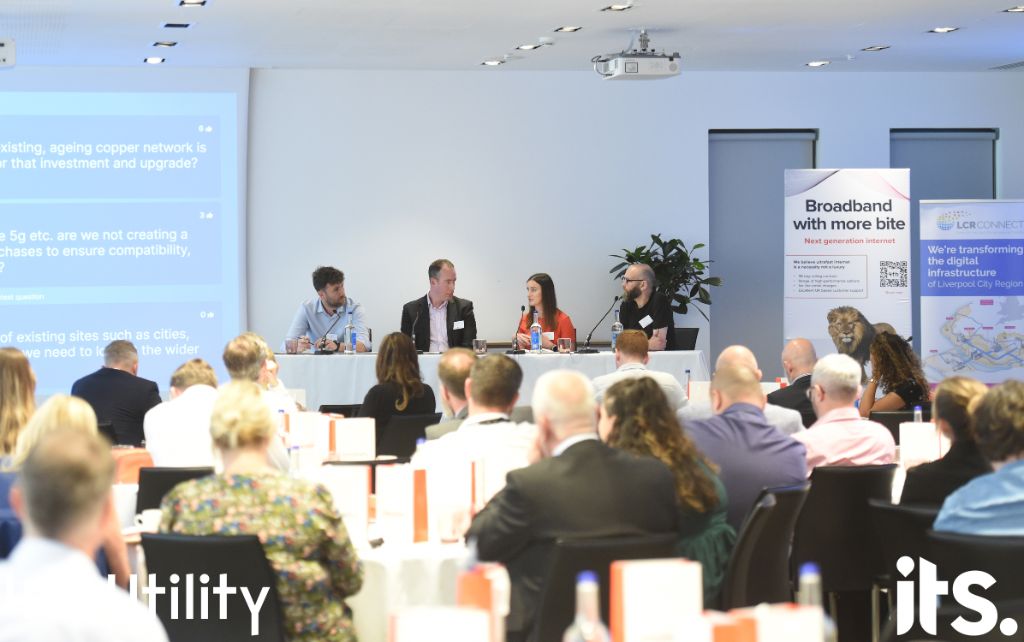
The second panel of the conference: CBRE’s Andrew Byrne, ITS’s Dave Hudson, Falconer Chester Hall’s Alex Harrison and Halton Housing’s Lee Reevell. Credit: PNW
Connectivity’s role in the return to the office
Hybrid working can present problems when it comes to meetings in the workplace if digital connections are poor.
“If the internet is not great, it causes problems for the meeting, so full connectivity is best,” said Andrew Byrne, director at real estate adviser CBRE.
“Being in-person is about creating different collaborations,” he continued. “You don’t get that social connection from home but being home and being able to get the files is key. There’s a blend and it’s important to get that right.”
Remote roles can also be cause for concern.
“People will become excluded if they don’t have that [in-person] connection,” said Alex Harrison, associate at Falconer Chester Hall.
“You lose that feeling of knowing and connecting with your colleagues, creating an office space that people want to go to and finding that balance,” she said.
Harrison also registered that “there’s a generational divide” and that there must be support for those who aren’t as confident with technology.
Improved connection can boost business and attract investment
There’s a financial gain to improving digital connectivity, according to Dave Hudson, head of partnerships and alliances with network provider ITS.
“Addressing potential investment through schools or business development in the area is key,” Hudson said. “There’s been a snowballing of enquiries from businesses wanting to invest or stay in Liverpool because of connectivity.”
Harrison echoed Hudson’s point, adding that research showed 94% of businesses said digital connectivity was crucial to how they work.
There were concerns that if new buildings or refurbishments do not happen soon, Liverpool will be playing catch-up to other big cities.
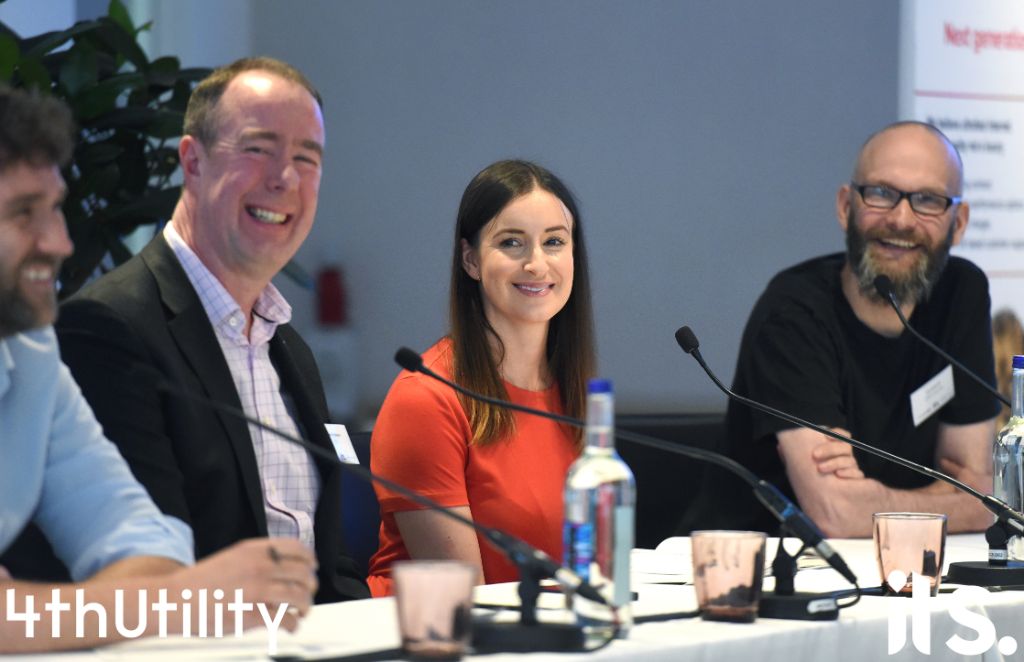
While expensive, the panel concluded that the long-term benefits of putting in full-fibre infrastructure were worth the cost. Credit: PNW
Challenges of connectivity
The government is retiring its copper network in favour of a faster, more sustainable full-fibre version.
This is “mission-critical” according to Hudson.
“Having a network that is local and bringing that ESG footprint down is important,” he said.
The full-fibre network’s lifespan is at least 50 to 100 years, according to Hudson.
To make this full-fibre future possible it is important to find out which buildings needed the upgrade and how to find who is responsible for that.
Halton Housing’s Reevell said: “There’s a lack of time available, but improved digital connectivity now allows us to pinpoint the buildings that need support, and data has been super important to put a data governance in place to find out who’s responsible.”
Concerns over the cost of fibre and the impact on businesses trying to maintain their ESG were dismissed by Byrne.
“The cost of digging and putting in fibre is too expensive and there’s a premium but once people are in the building and [it is in] major use, it becomes irrelevant,” Byrne said.
“Connectivity will bring higher paid jobs and provide more confidence.”
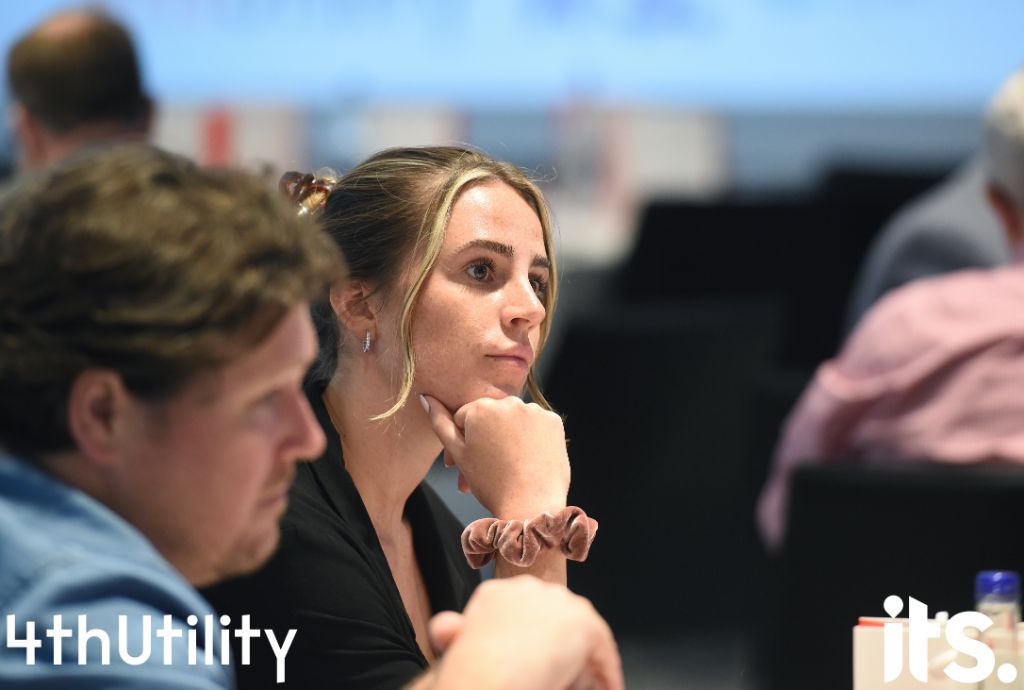
Futureproofing Connectivity Across Liverpool City Region was sponsored by 4th Utility, ITS and LCR Connect. Credit: PNW
The next Place North West event is Chester Development Update, tomorrow at Chester Racecourse. Tickets for the in-person event are currently available.
Click any image to launch the gallery


